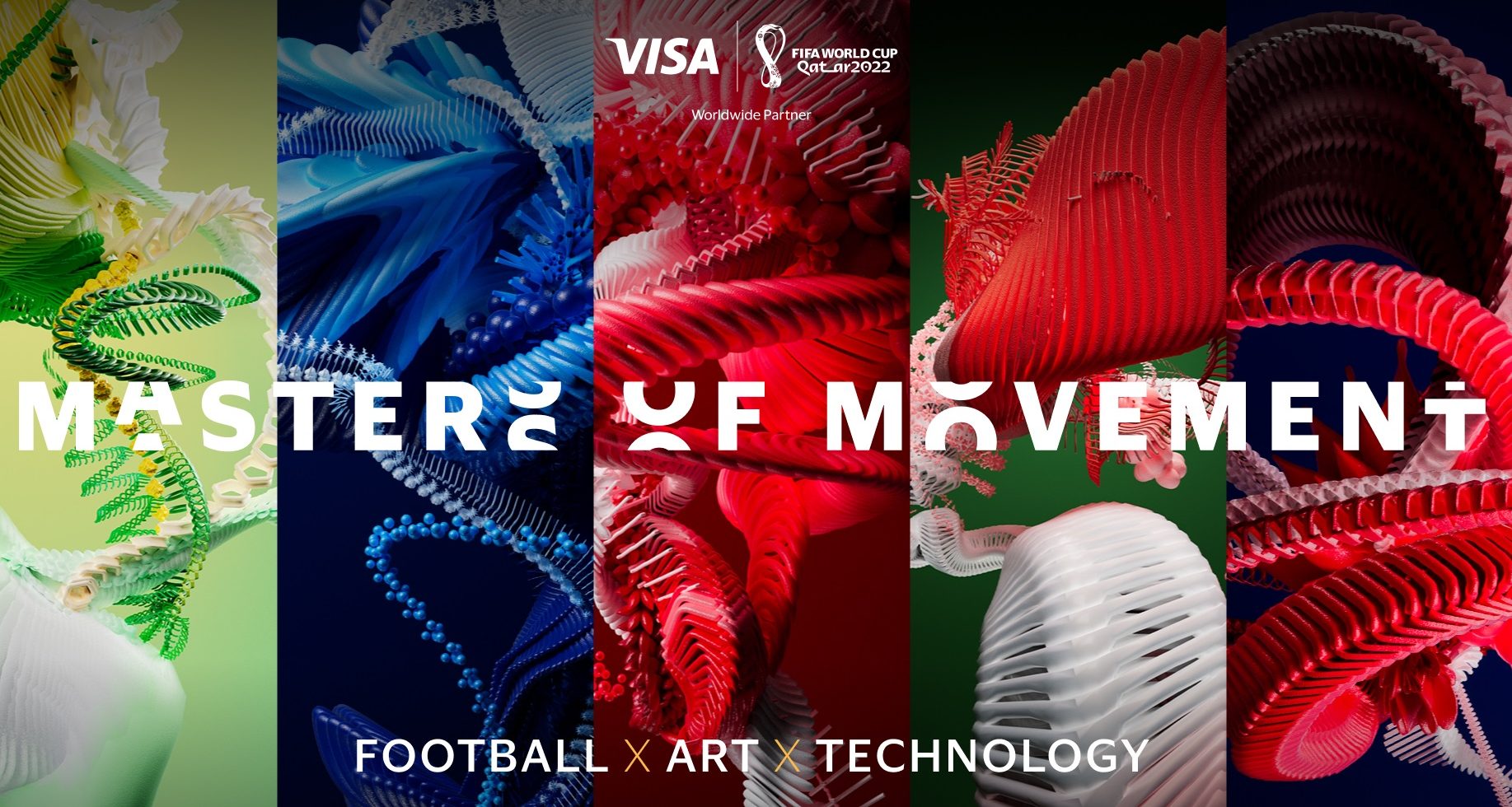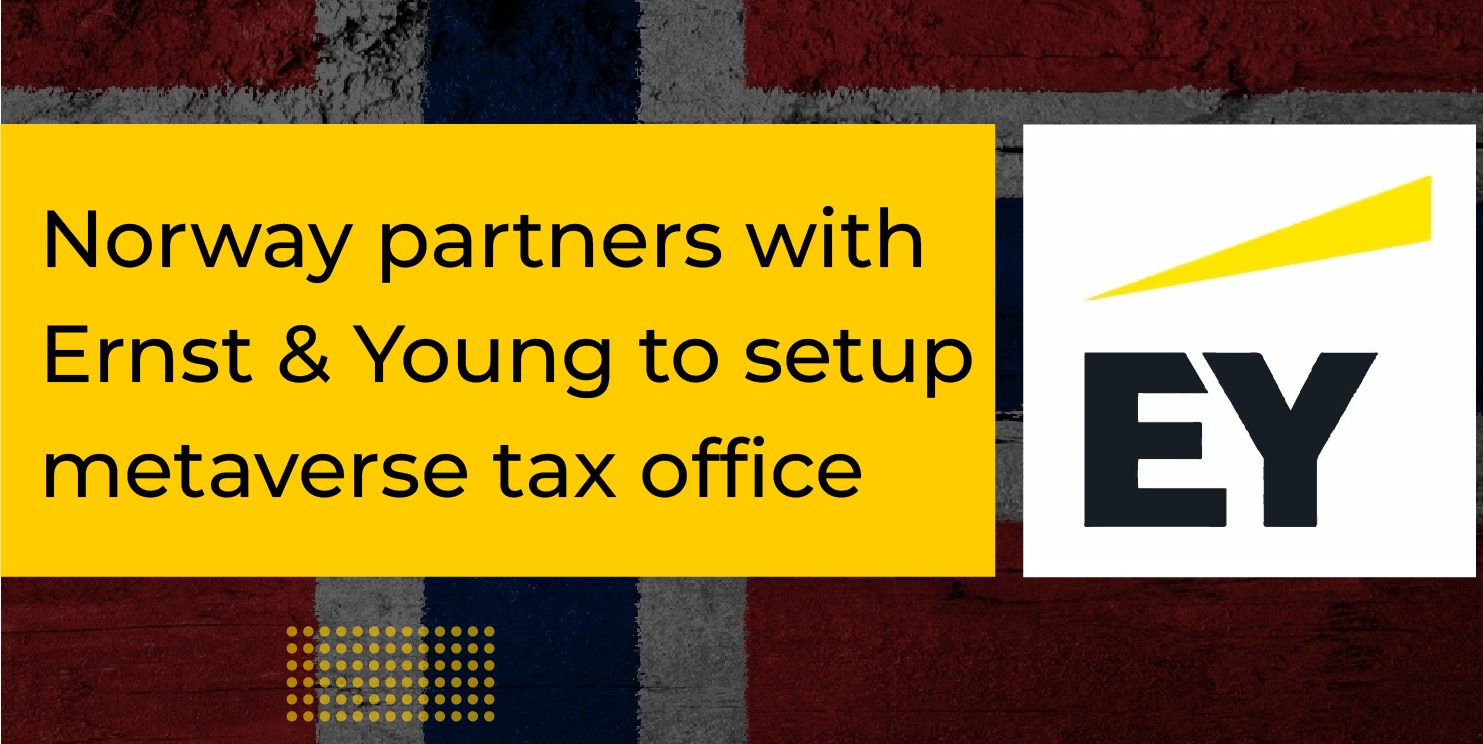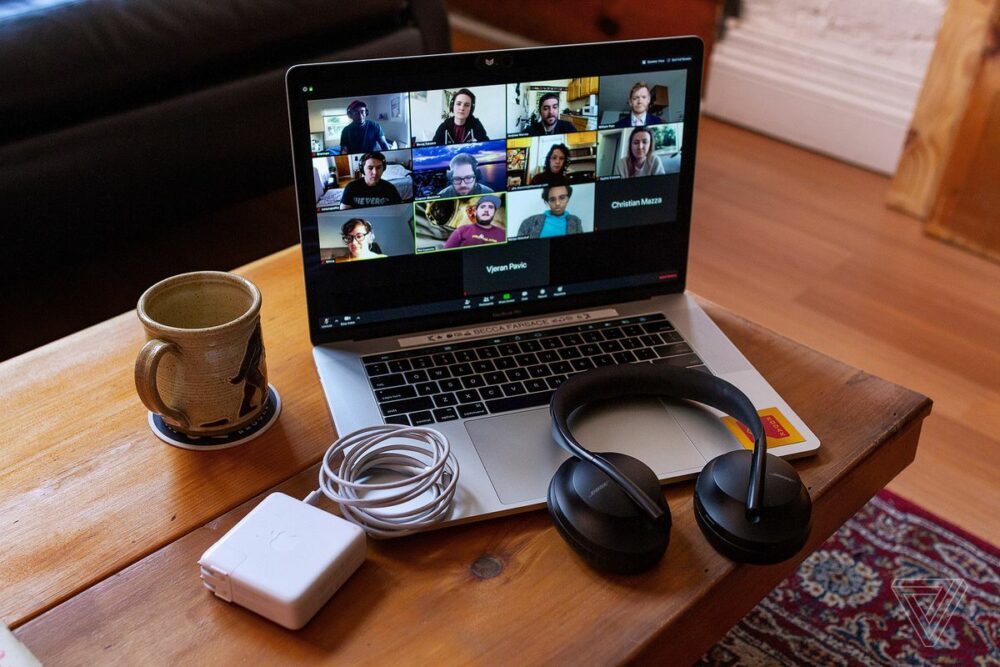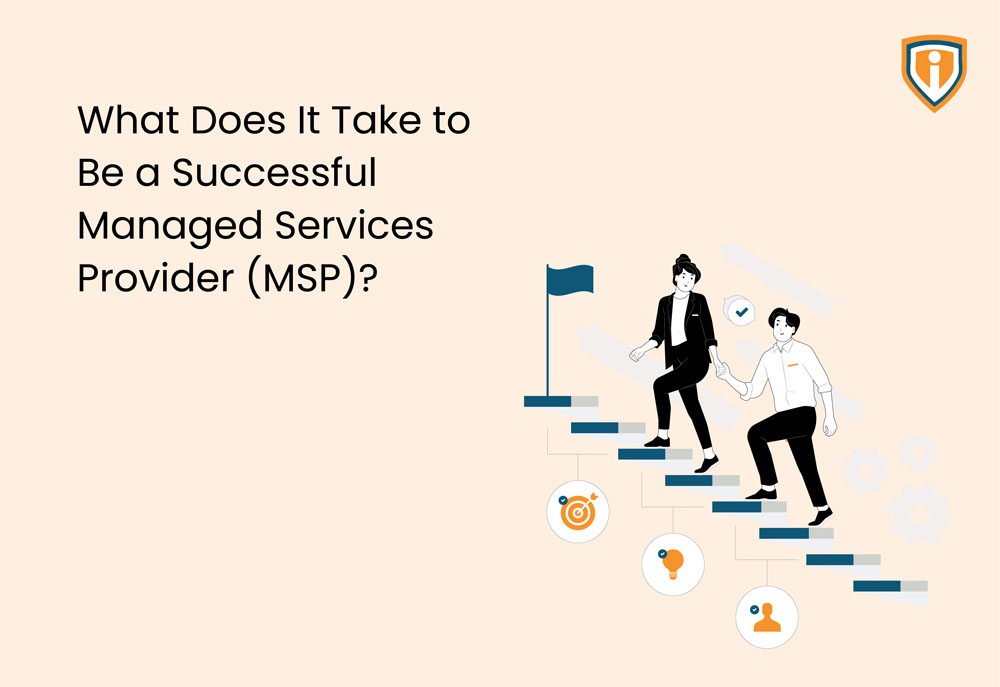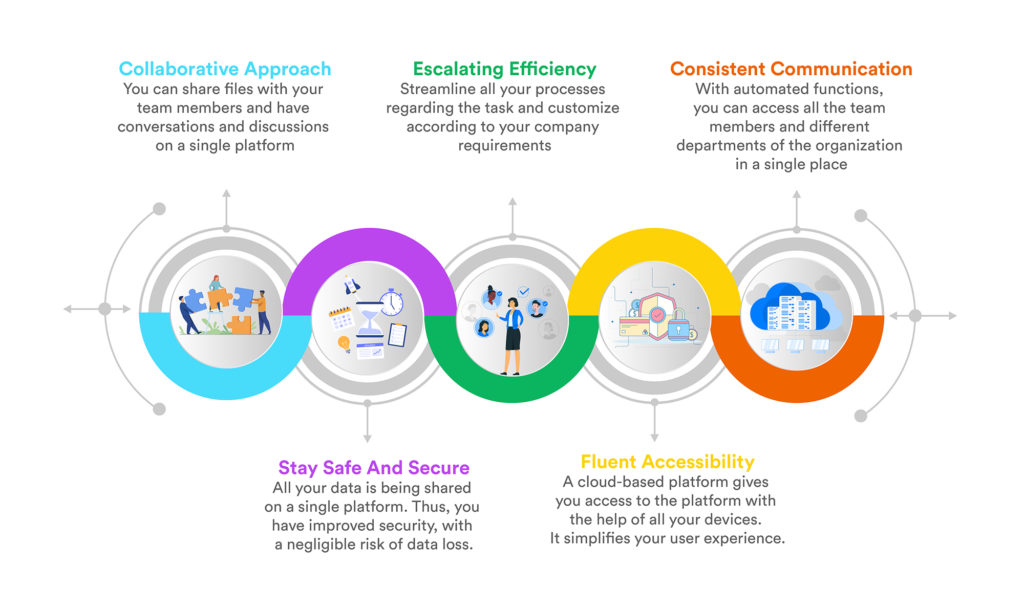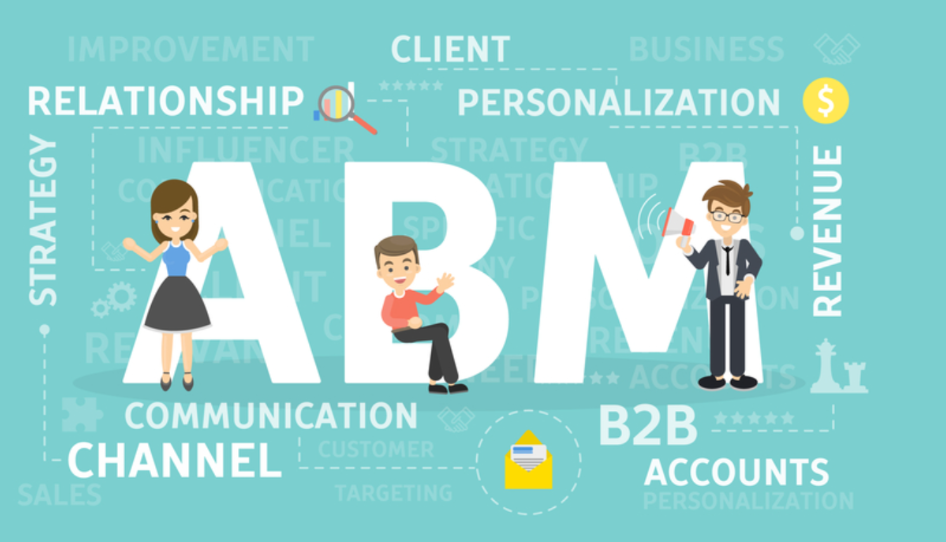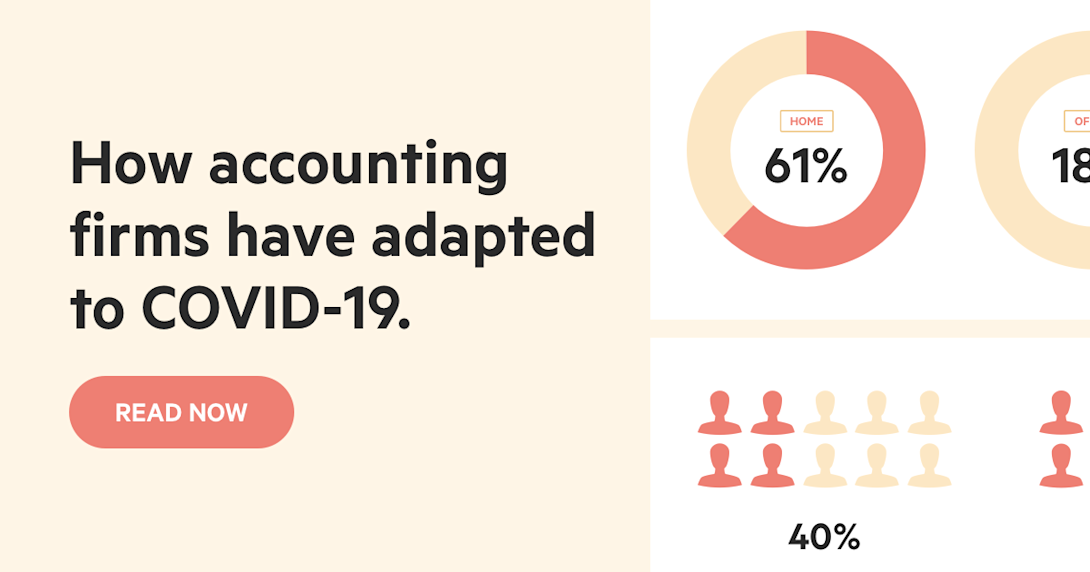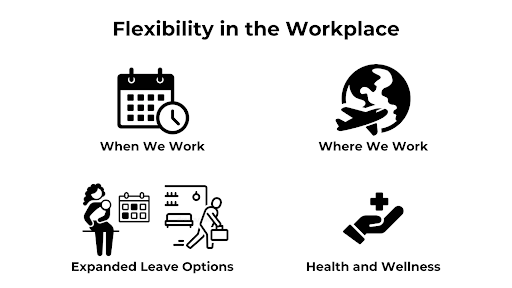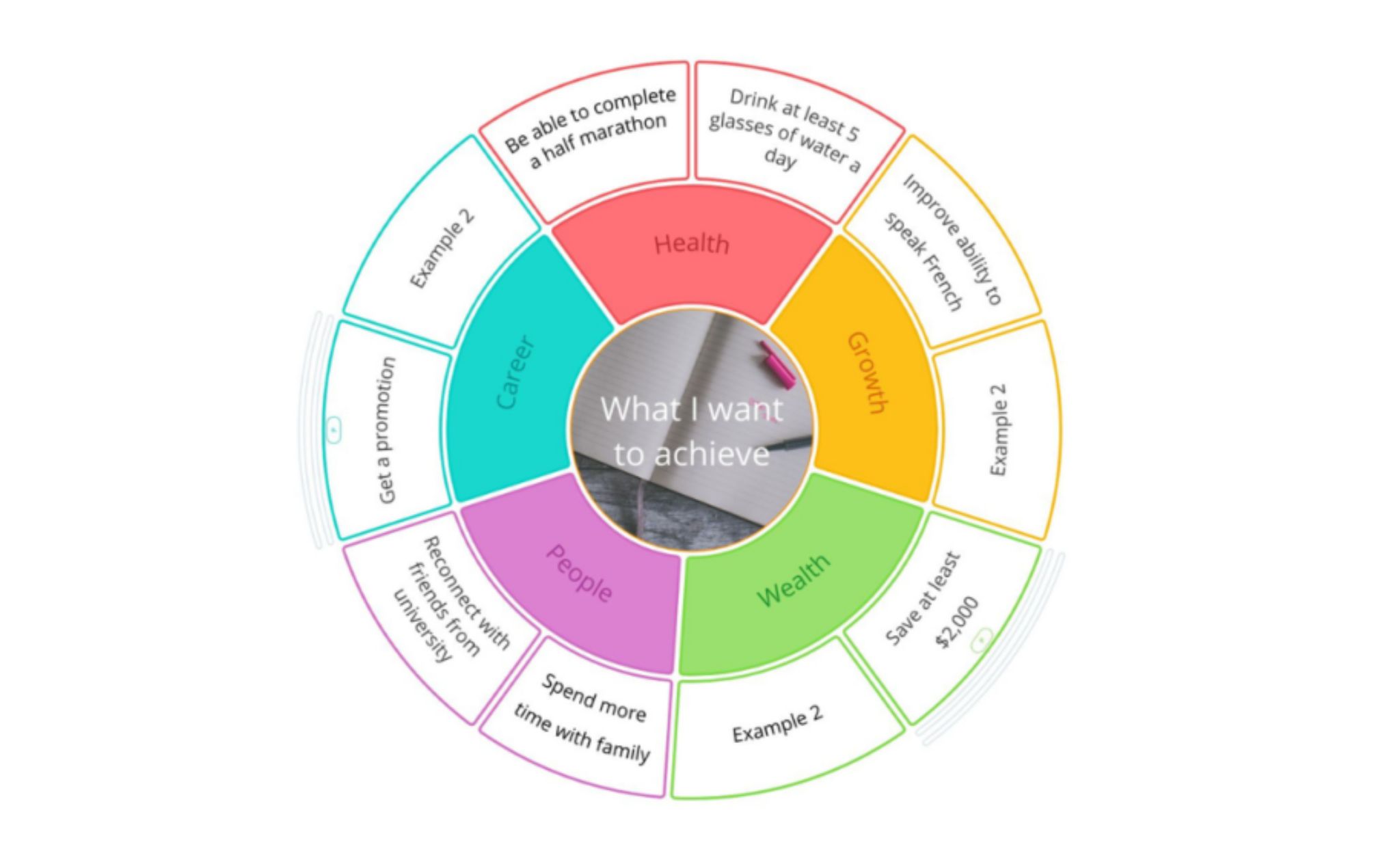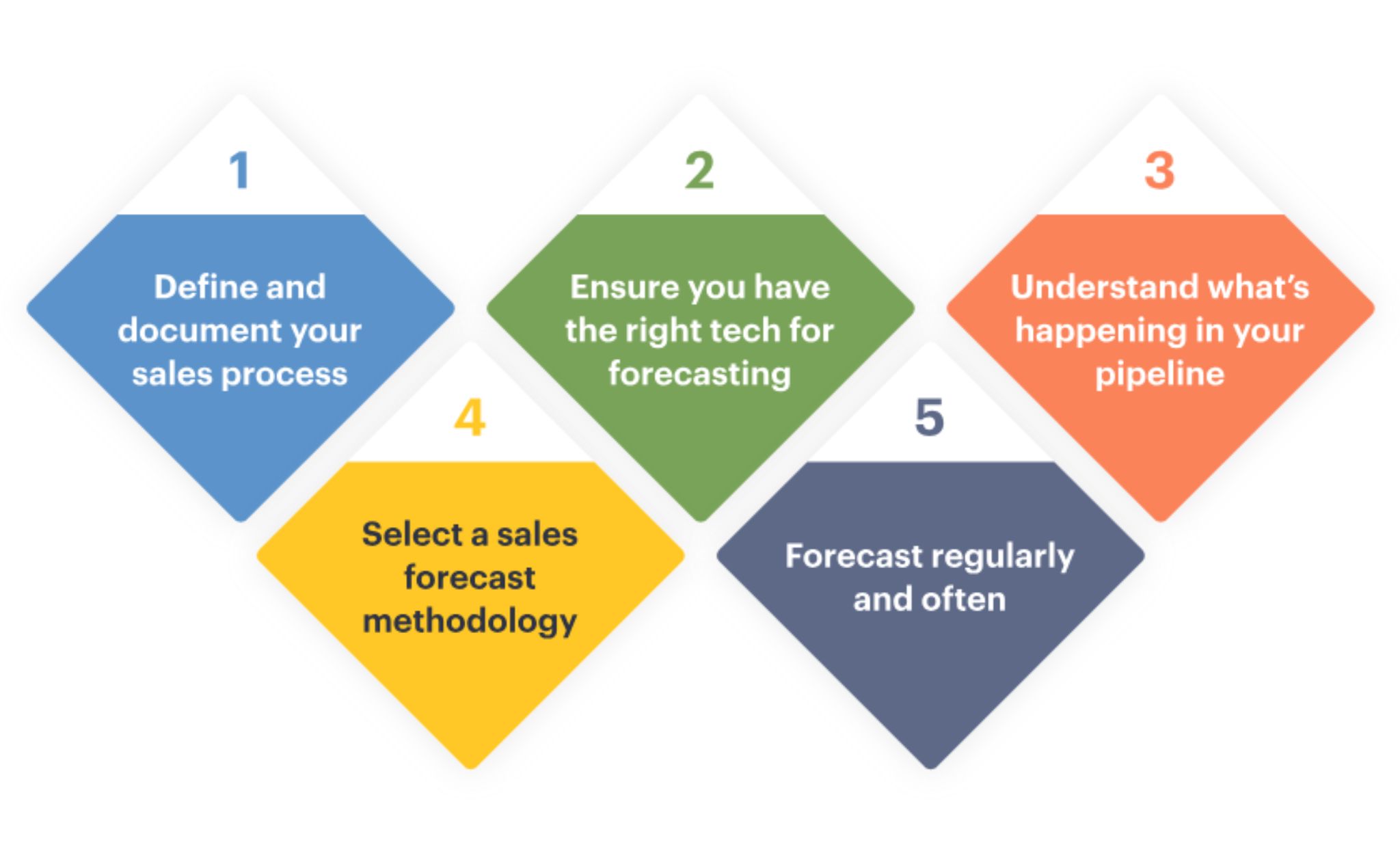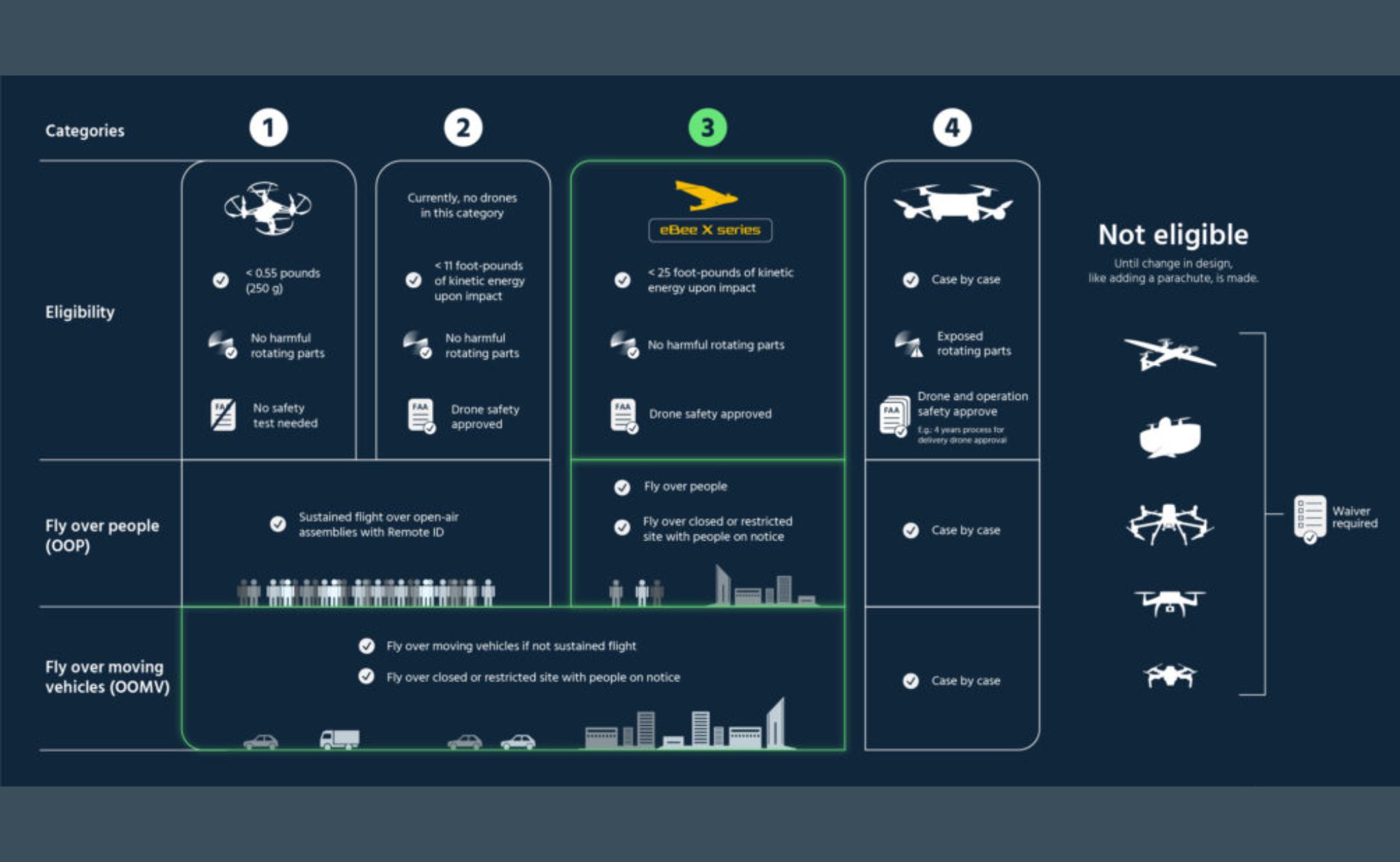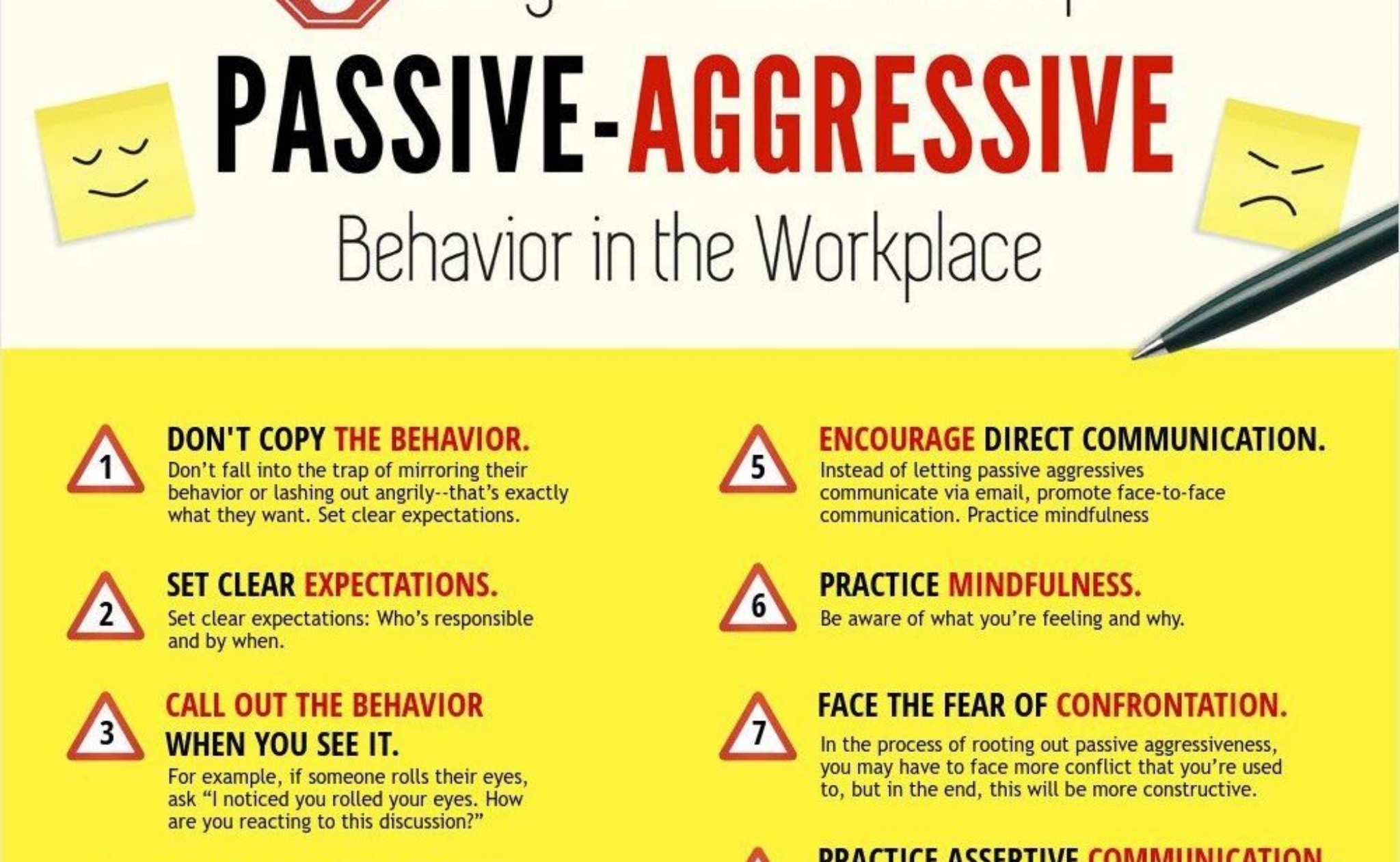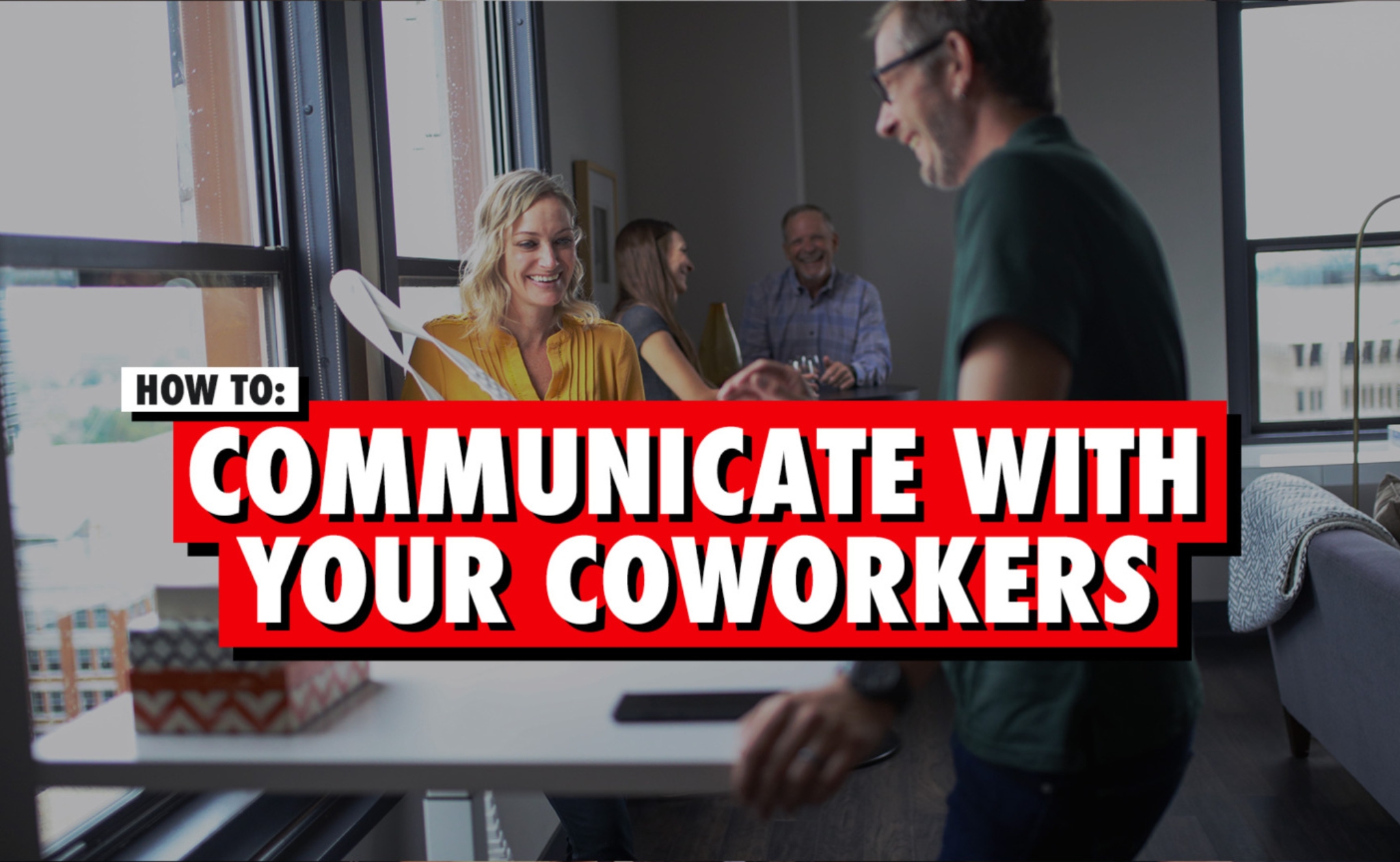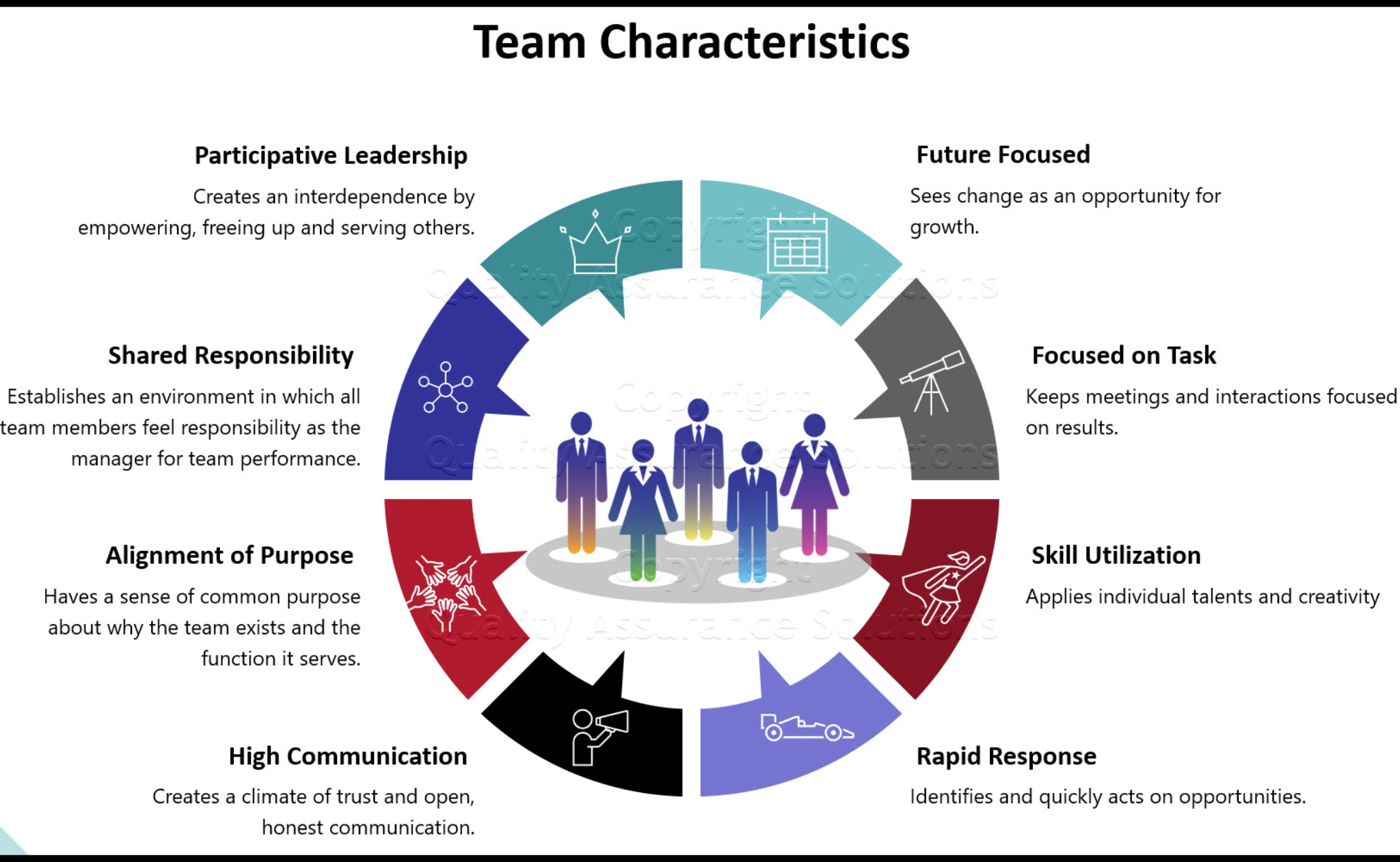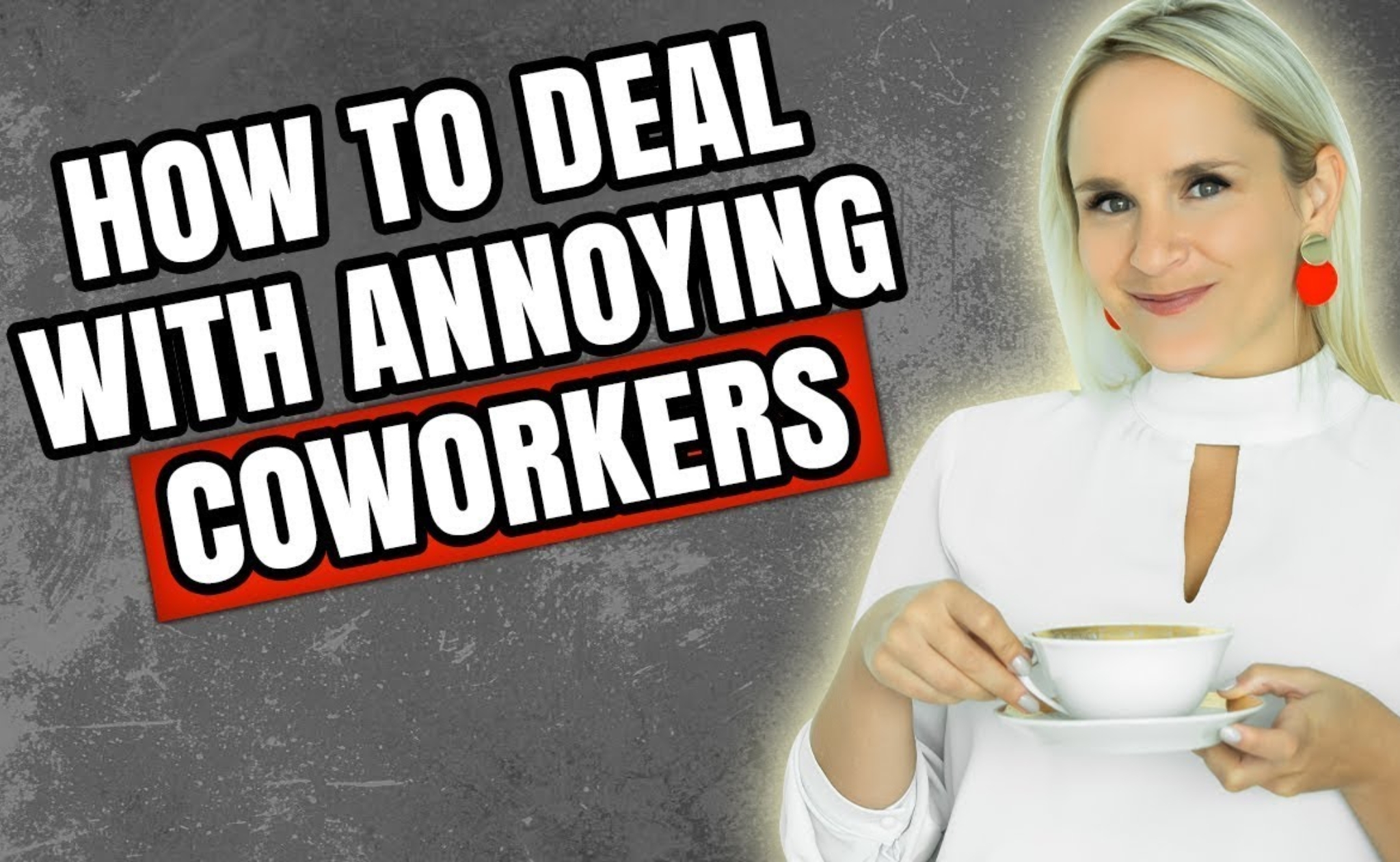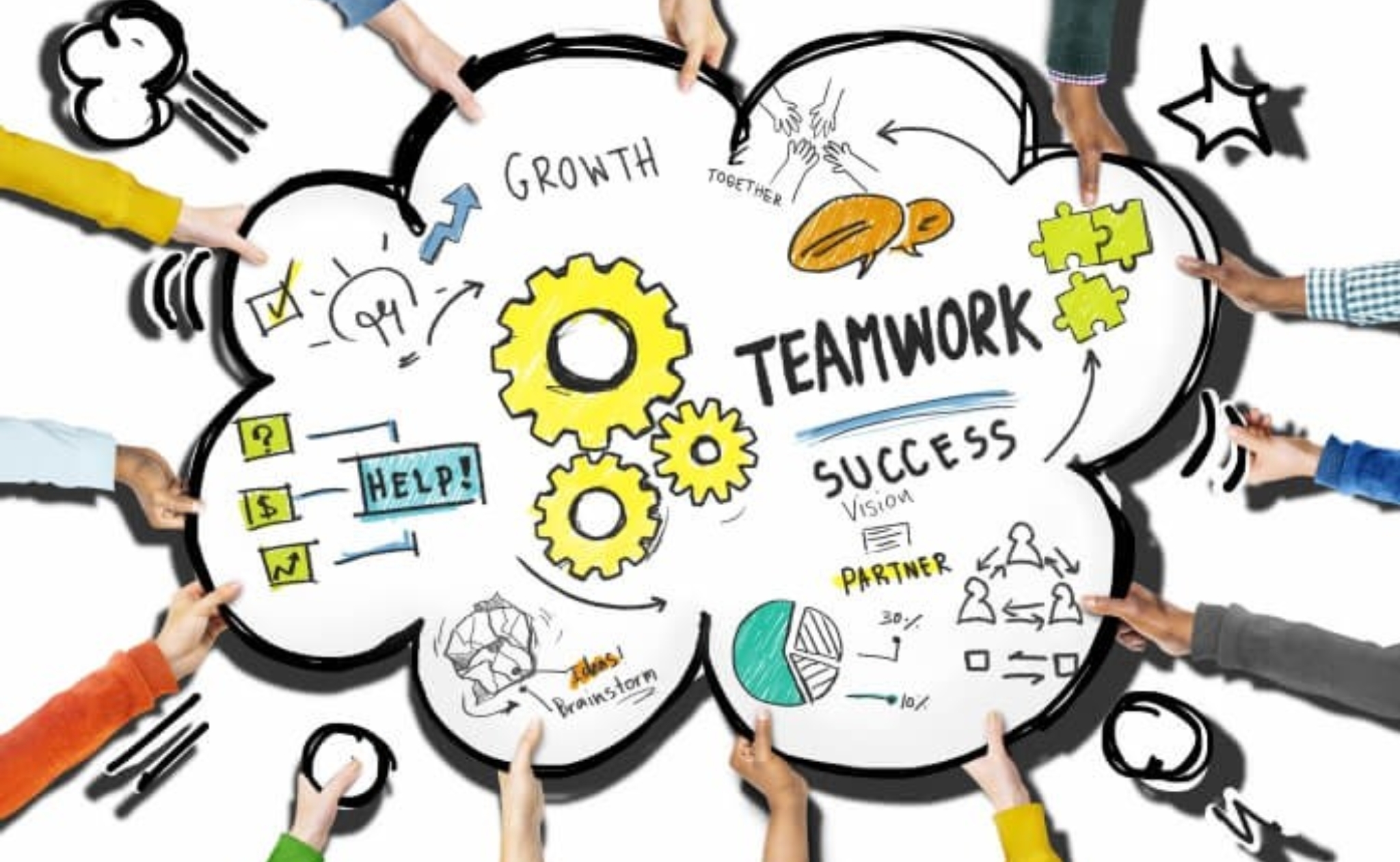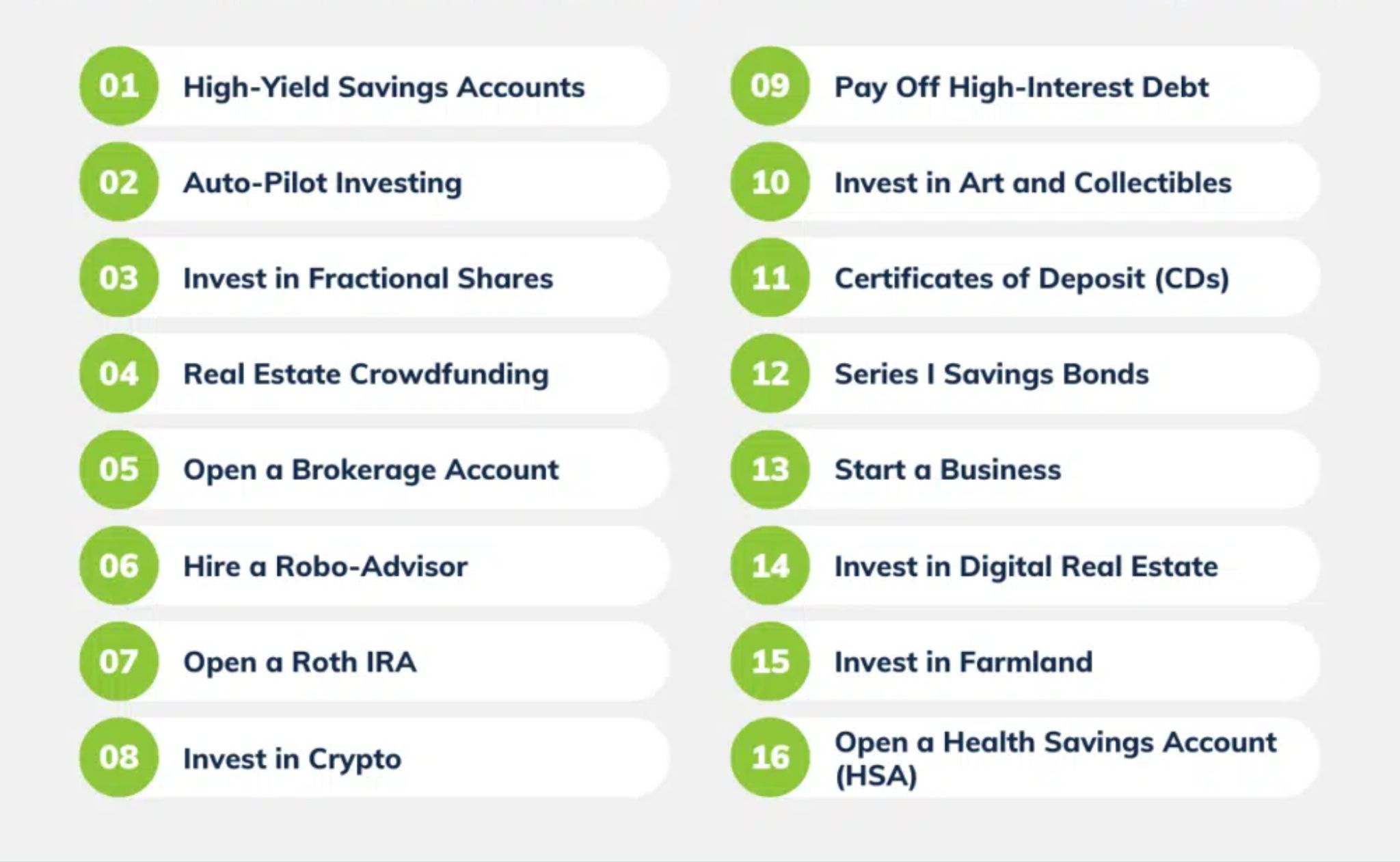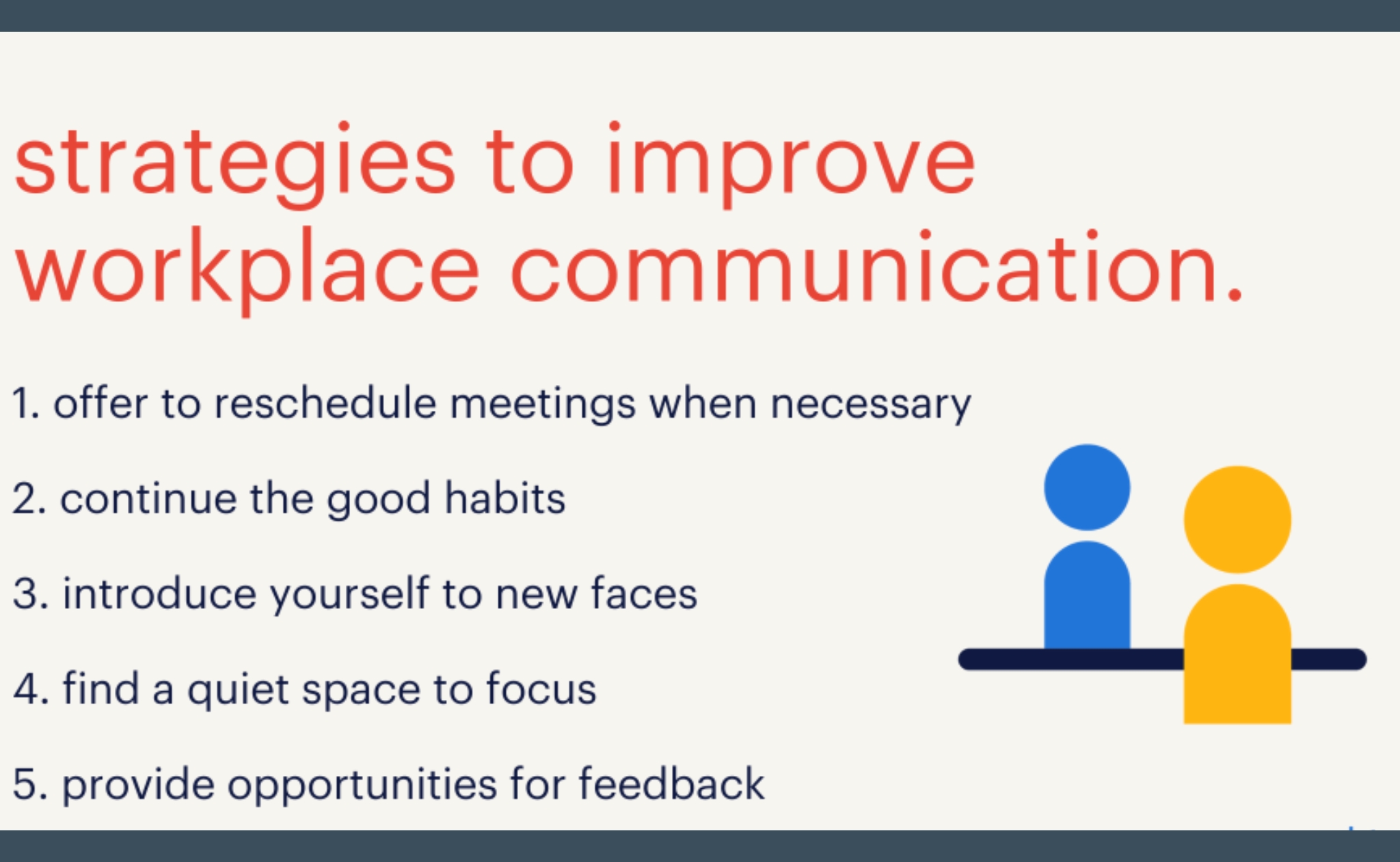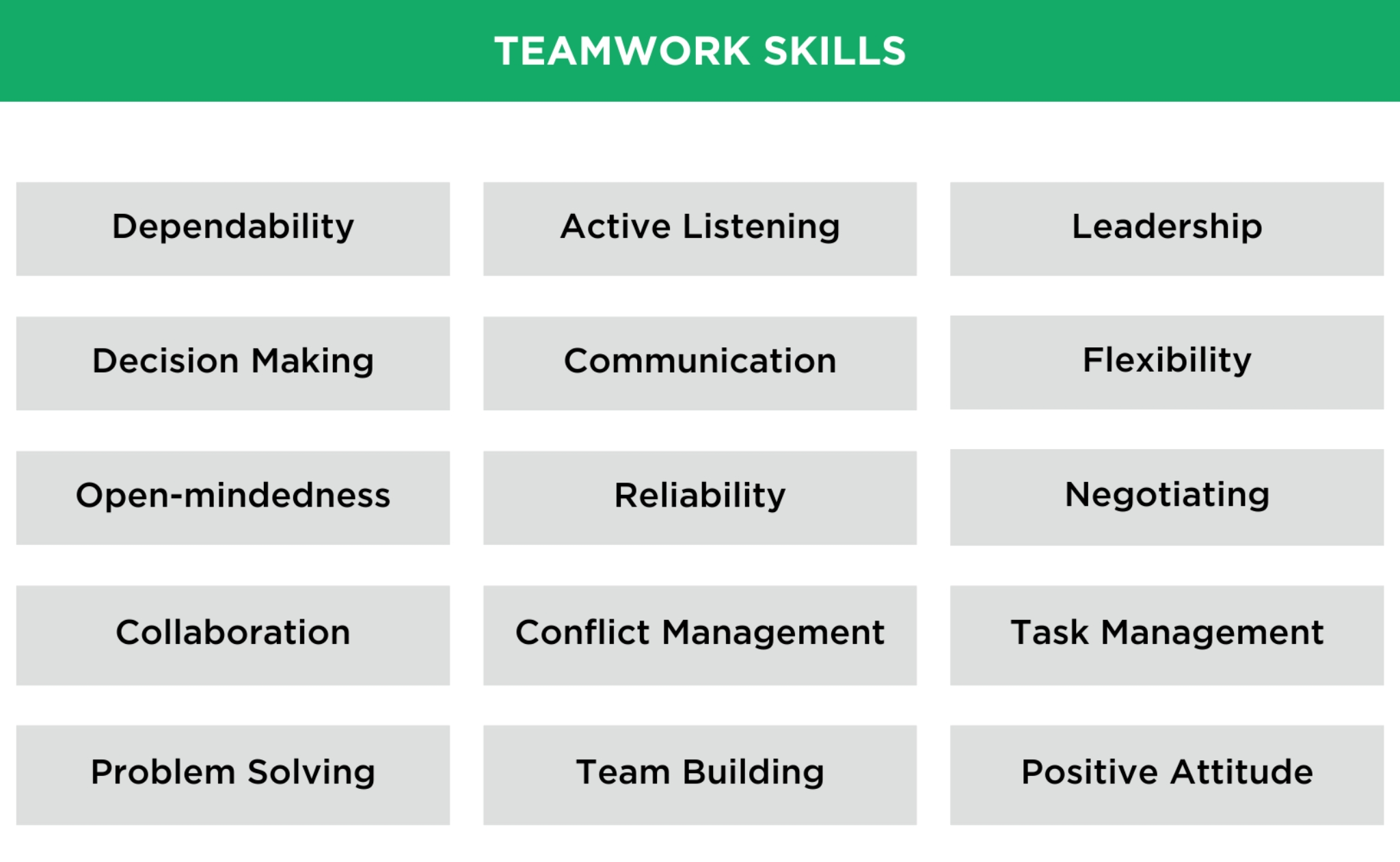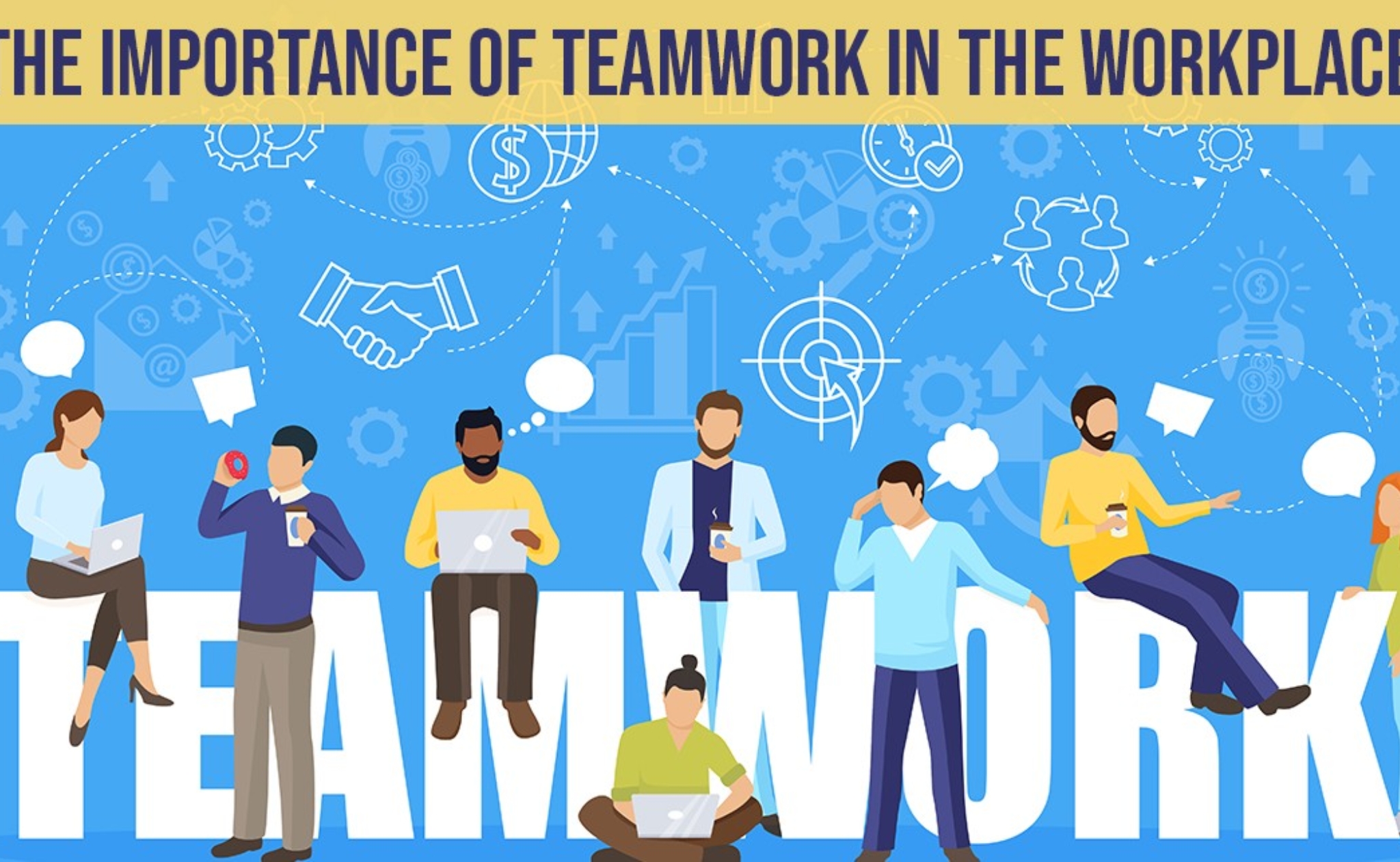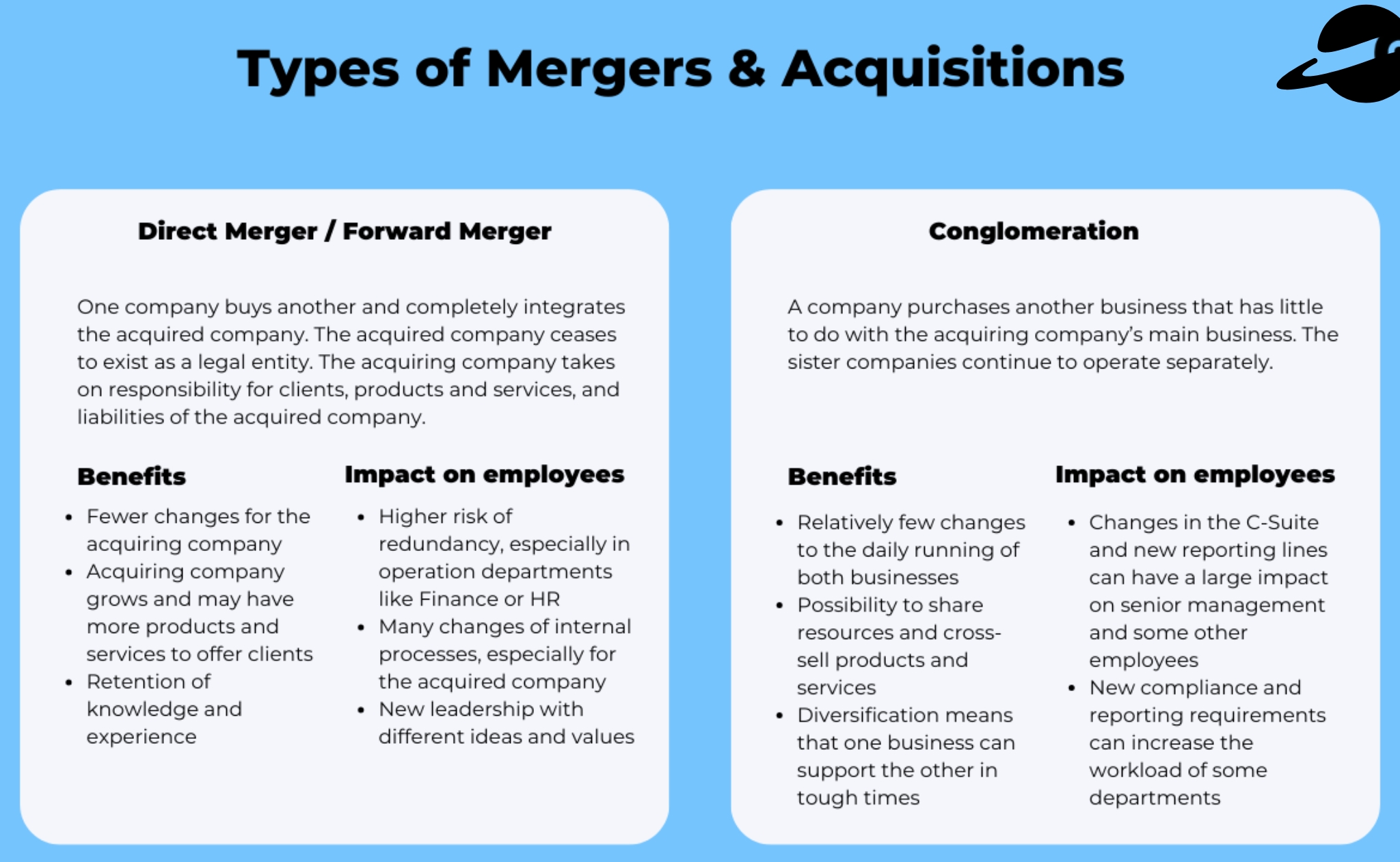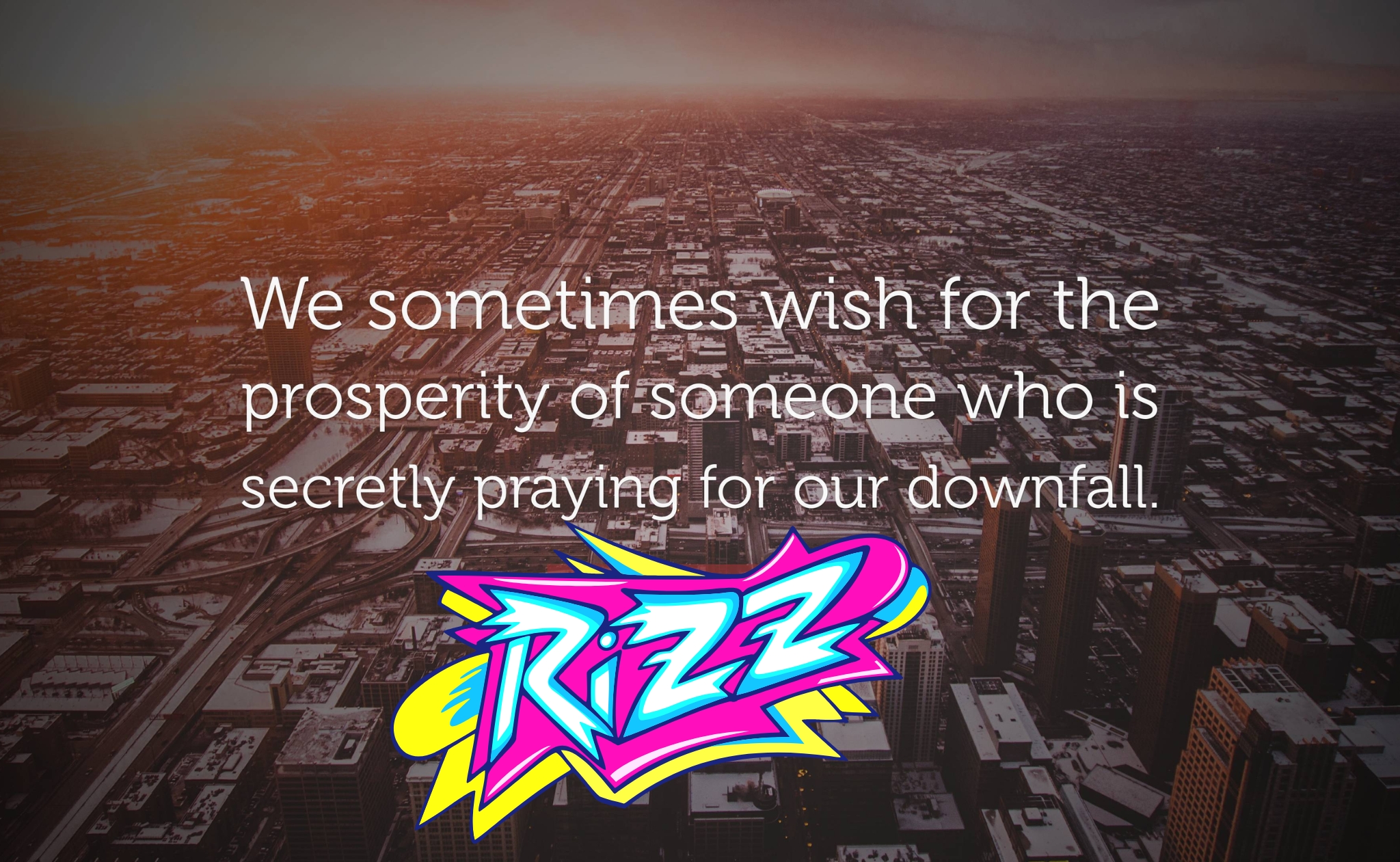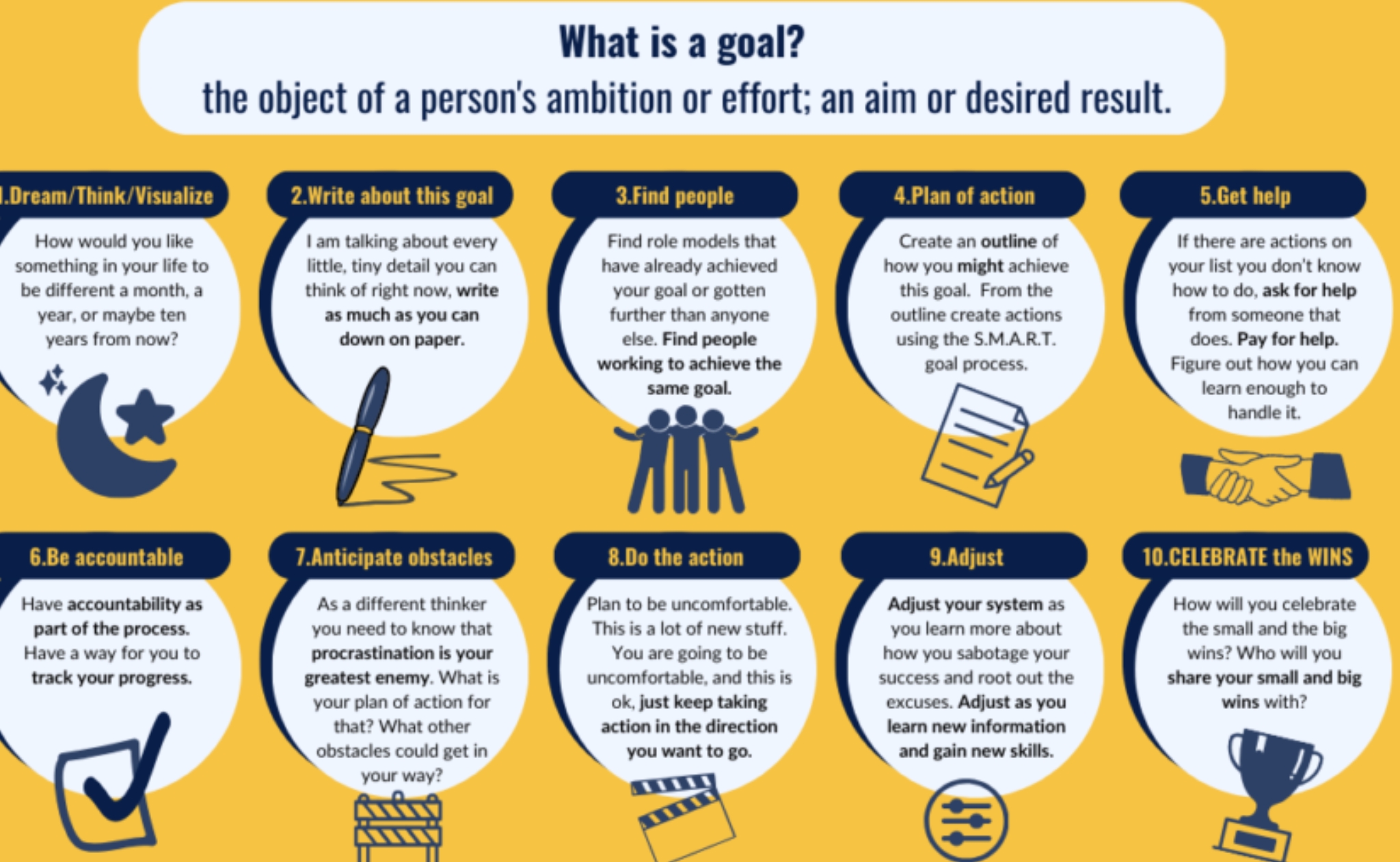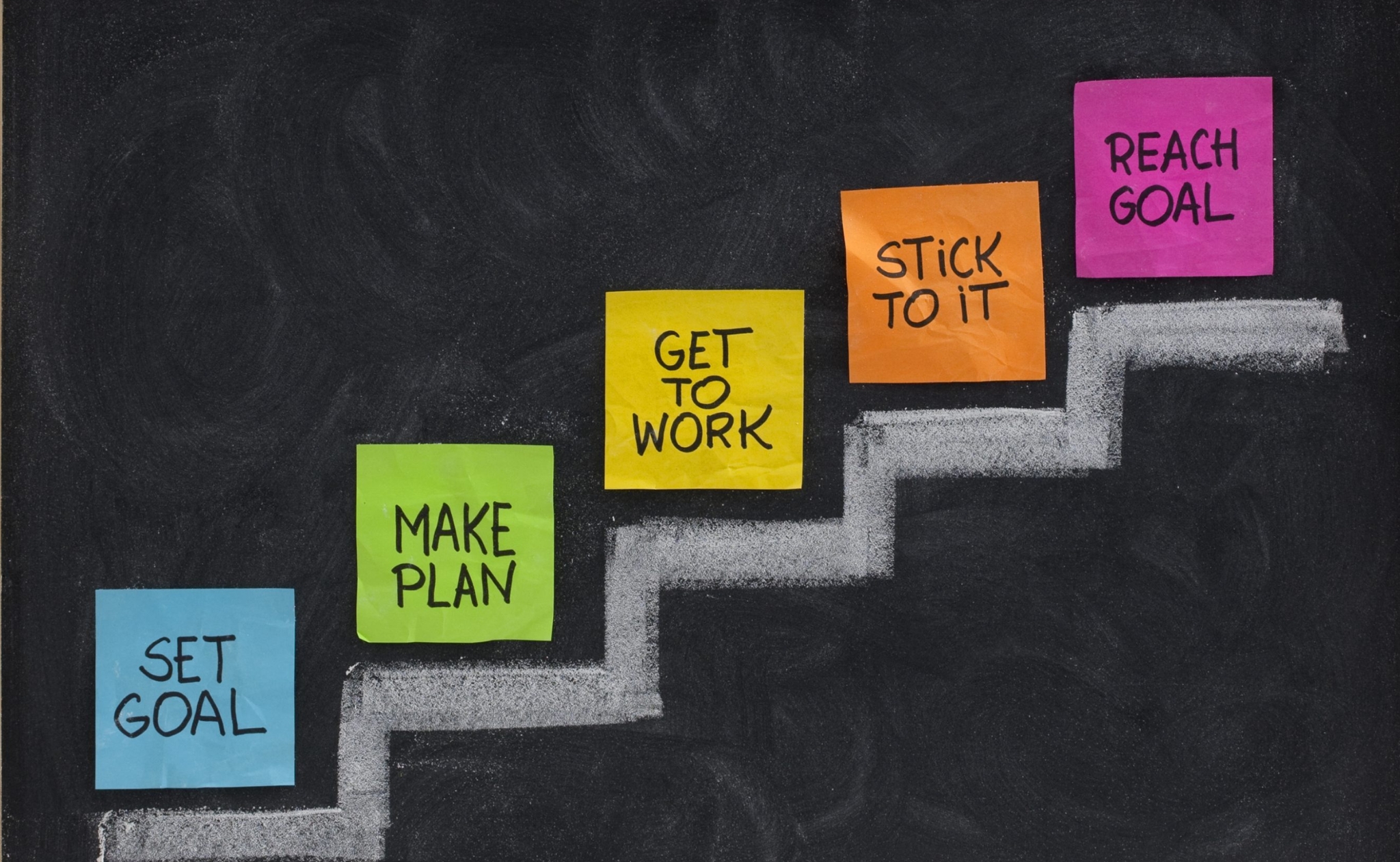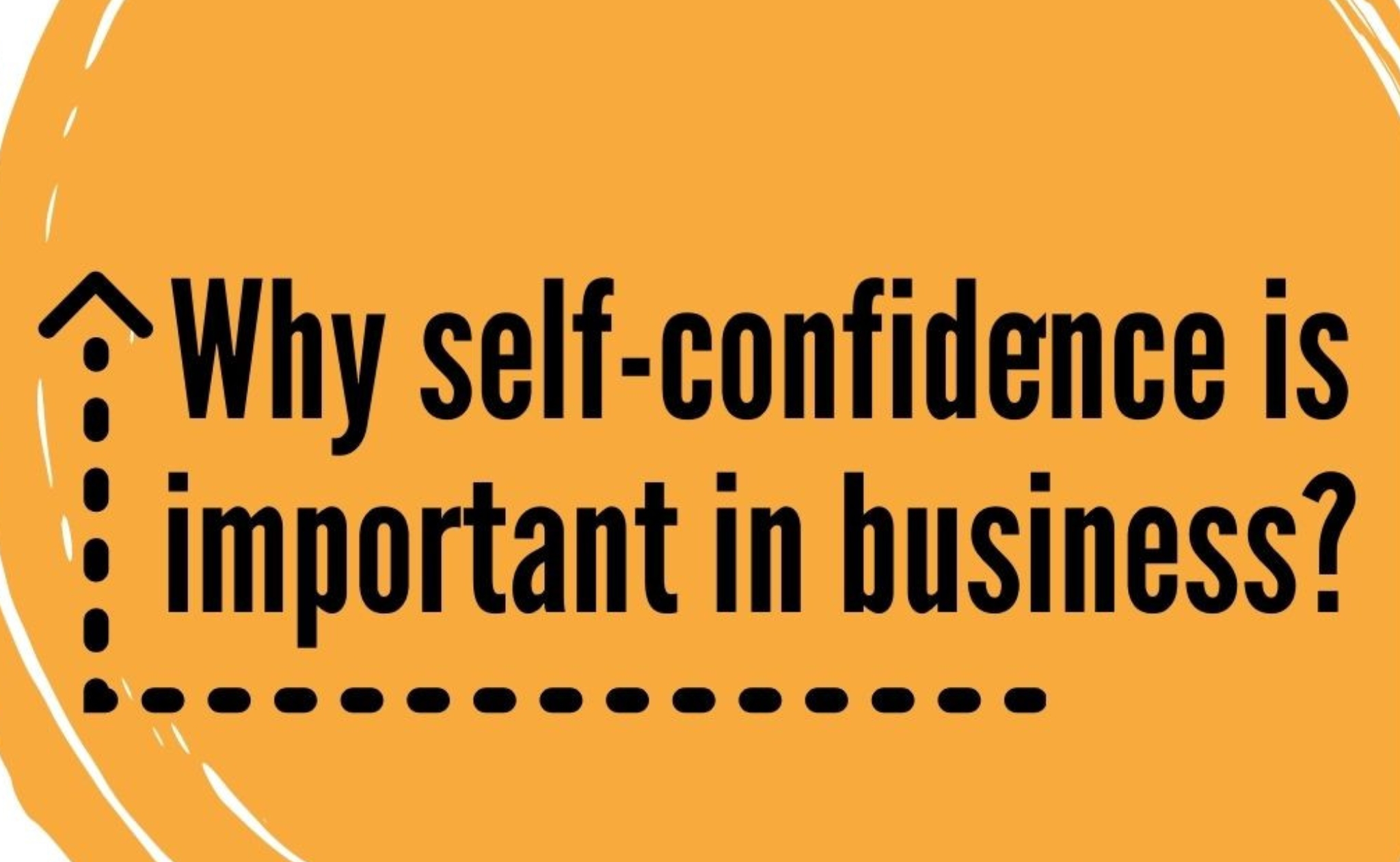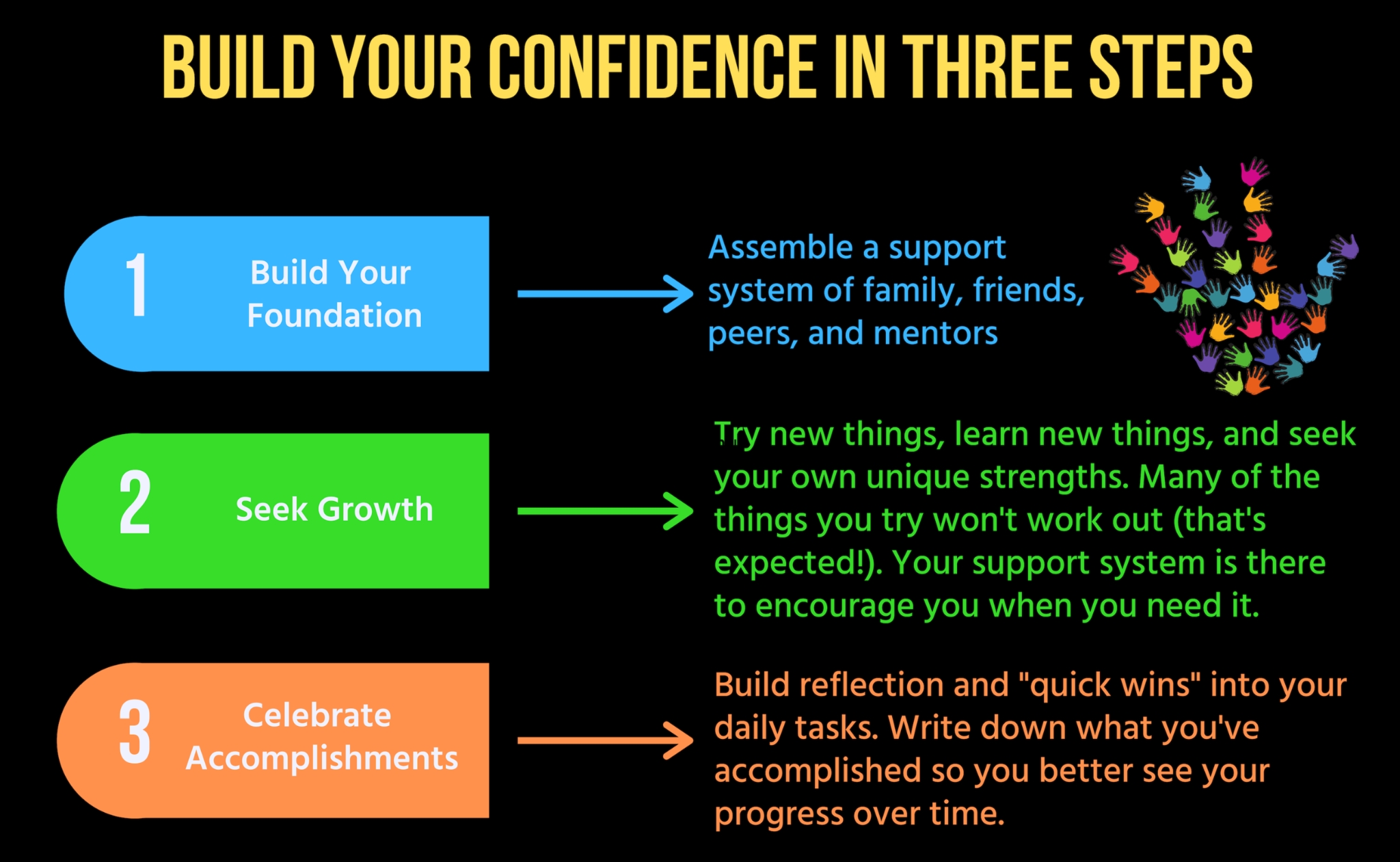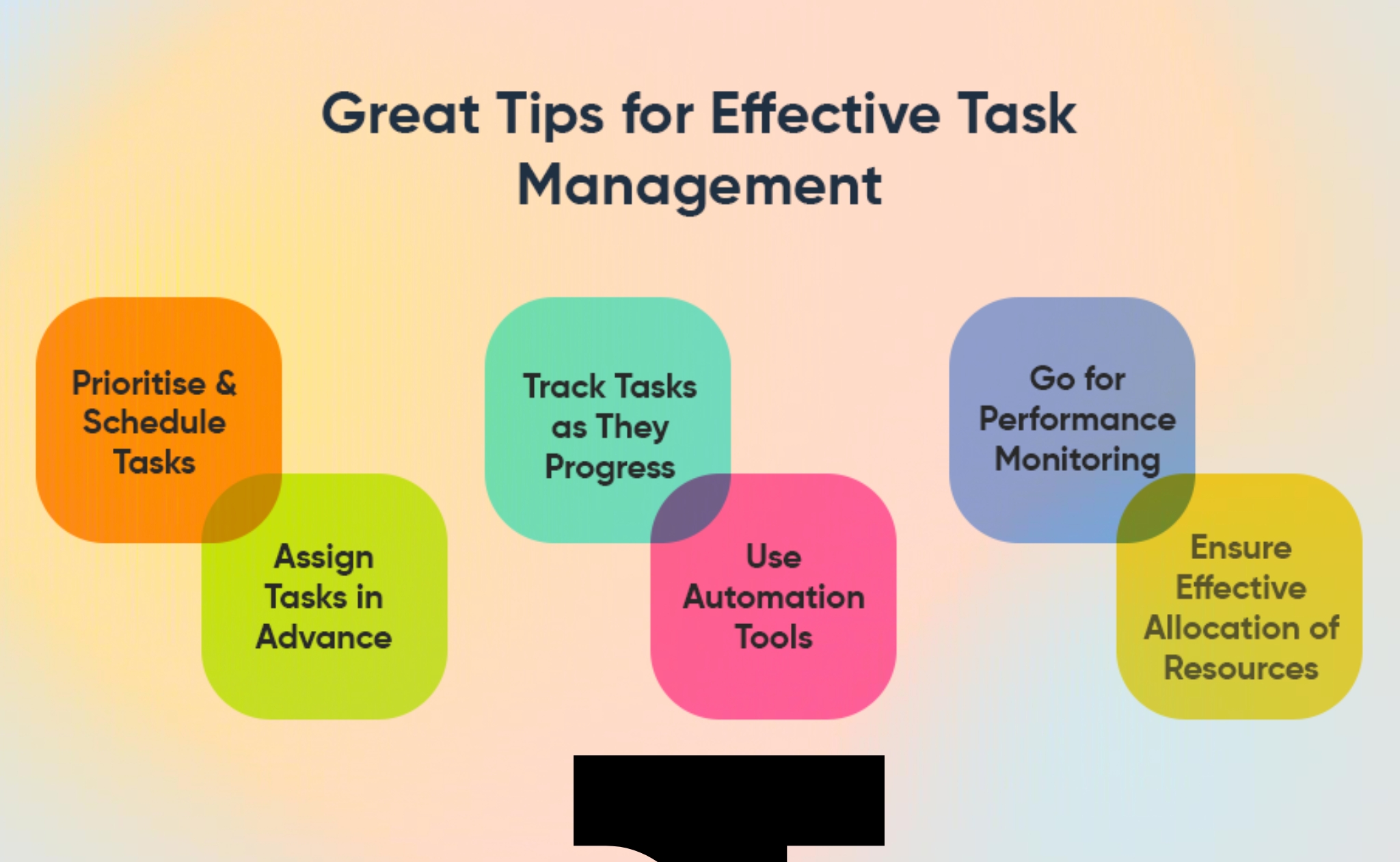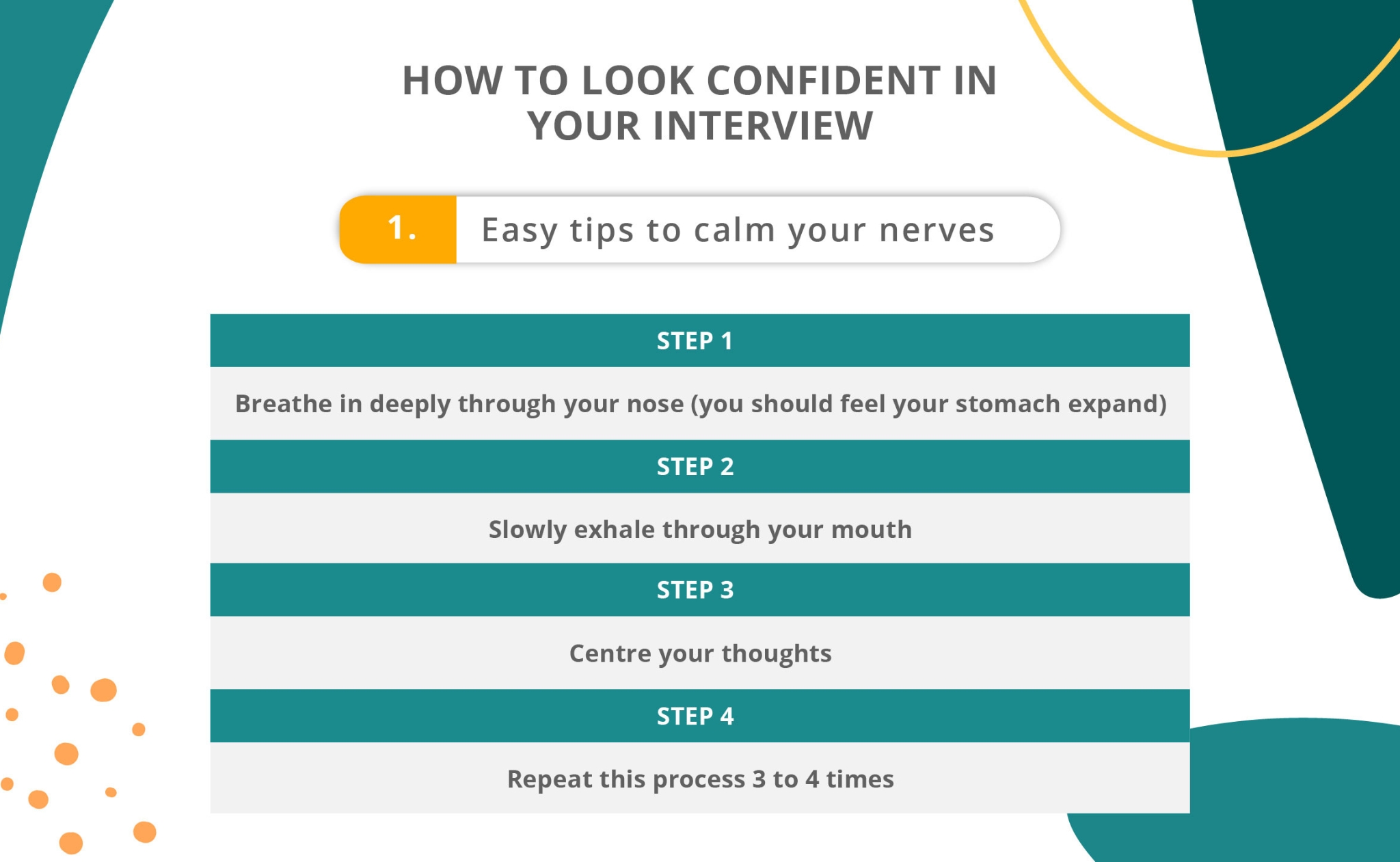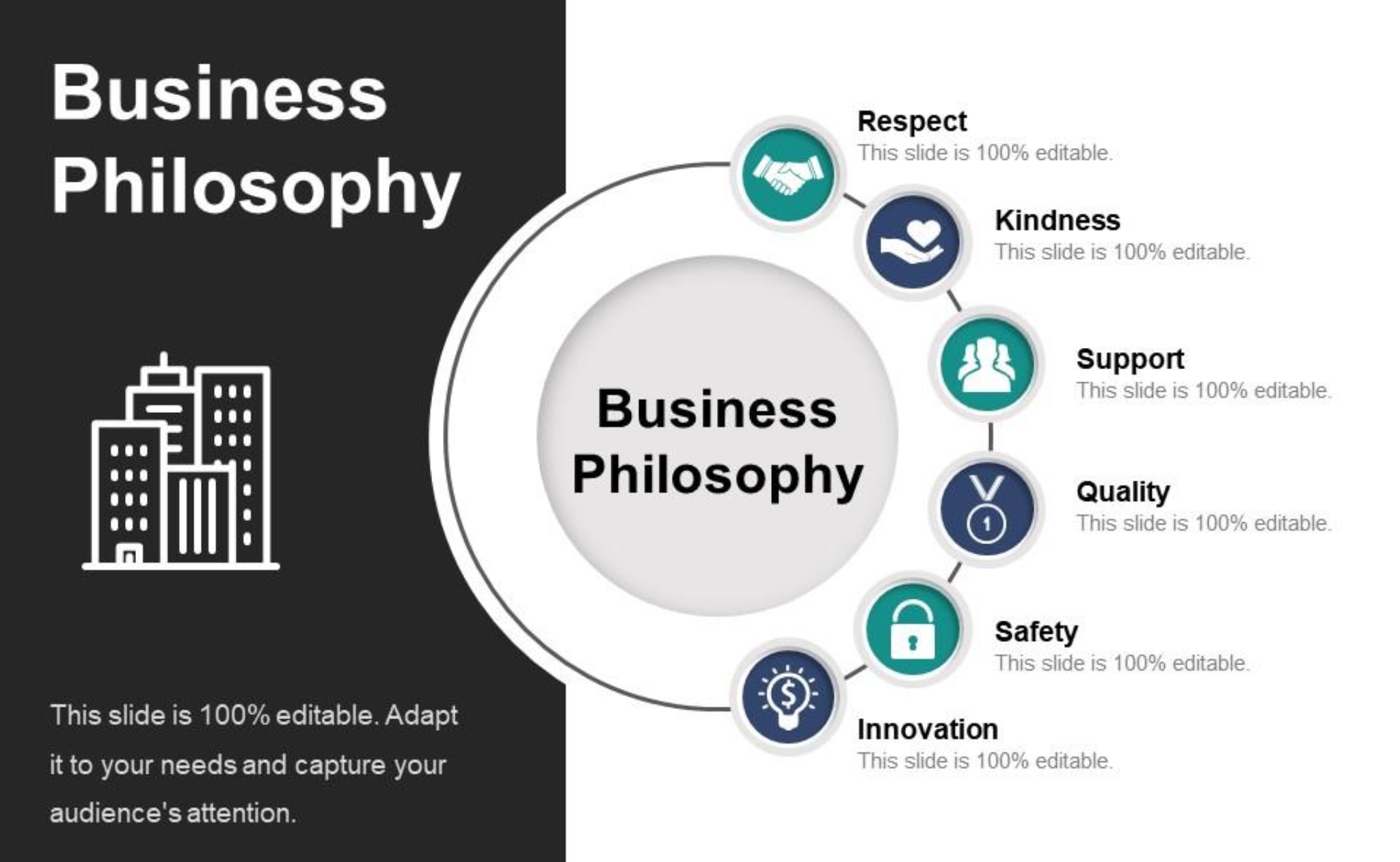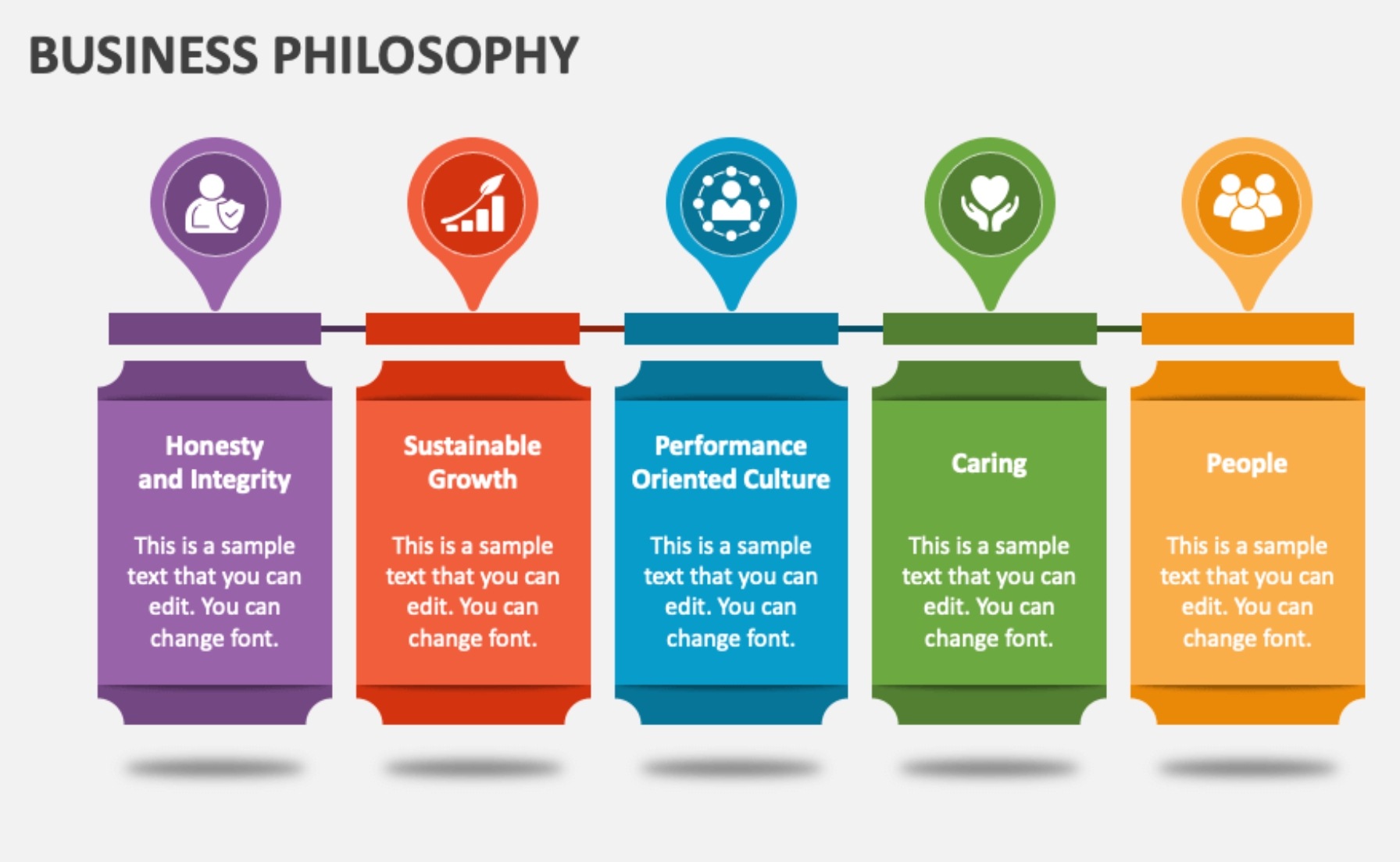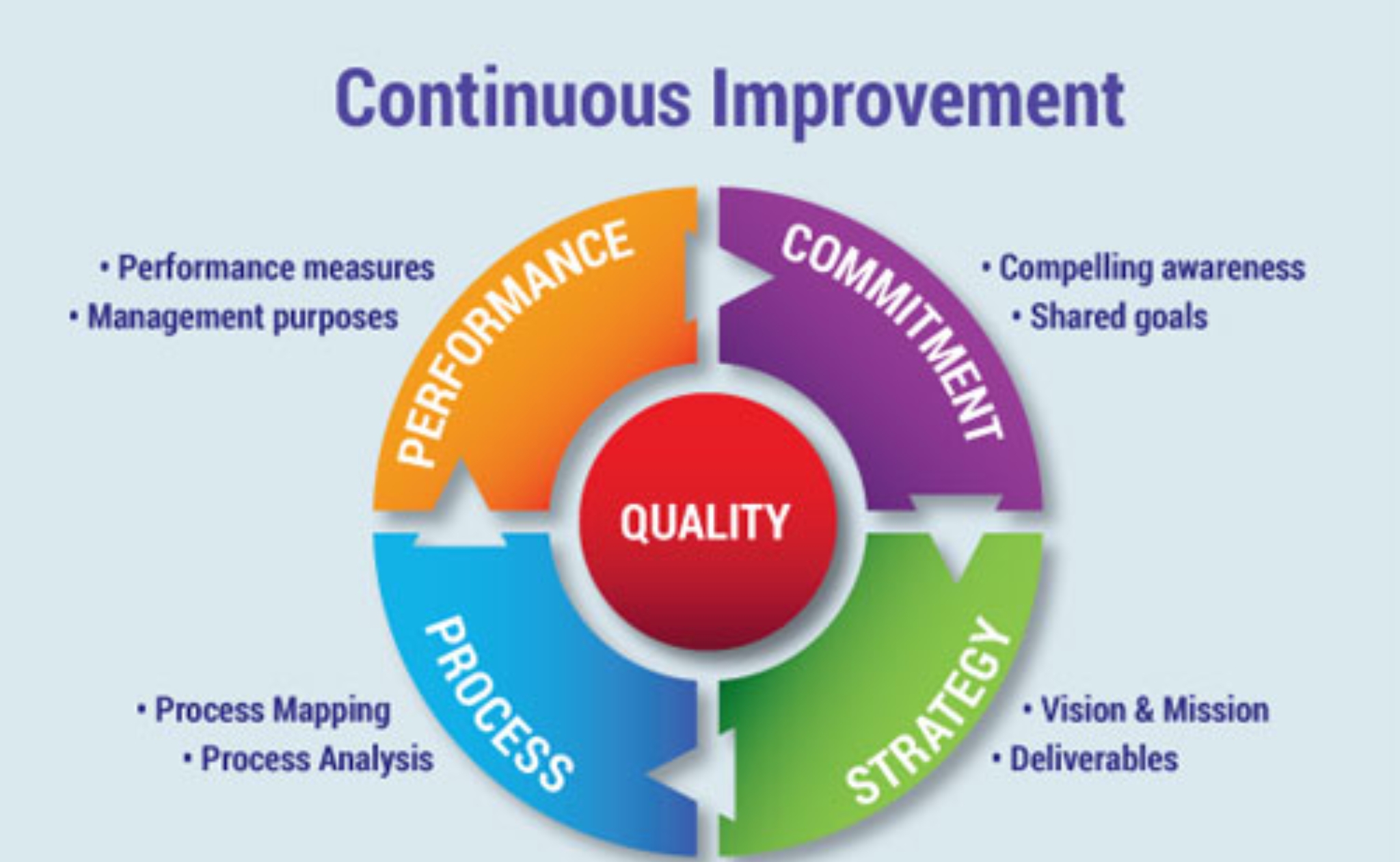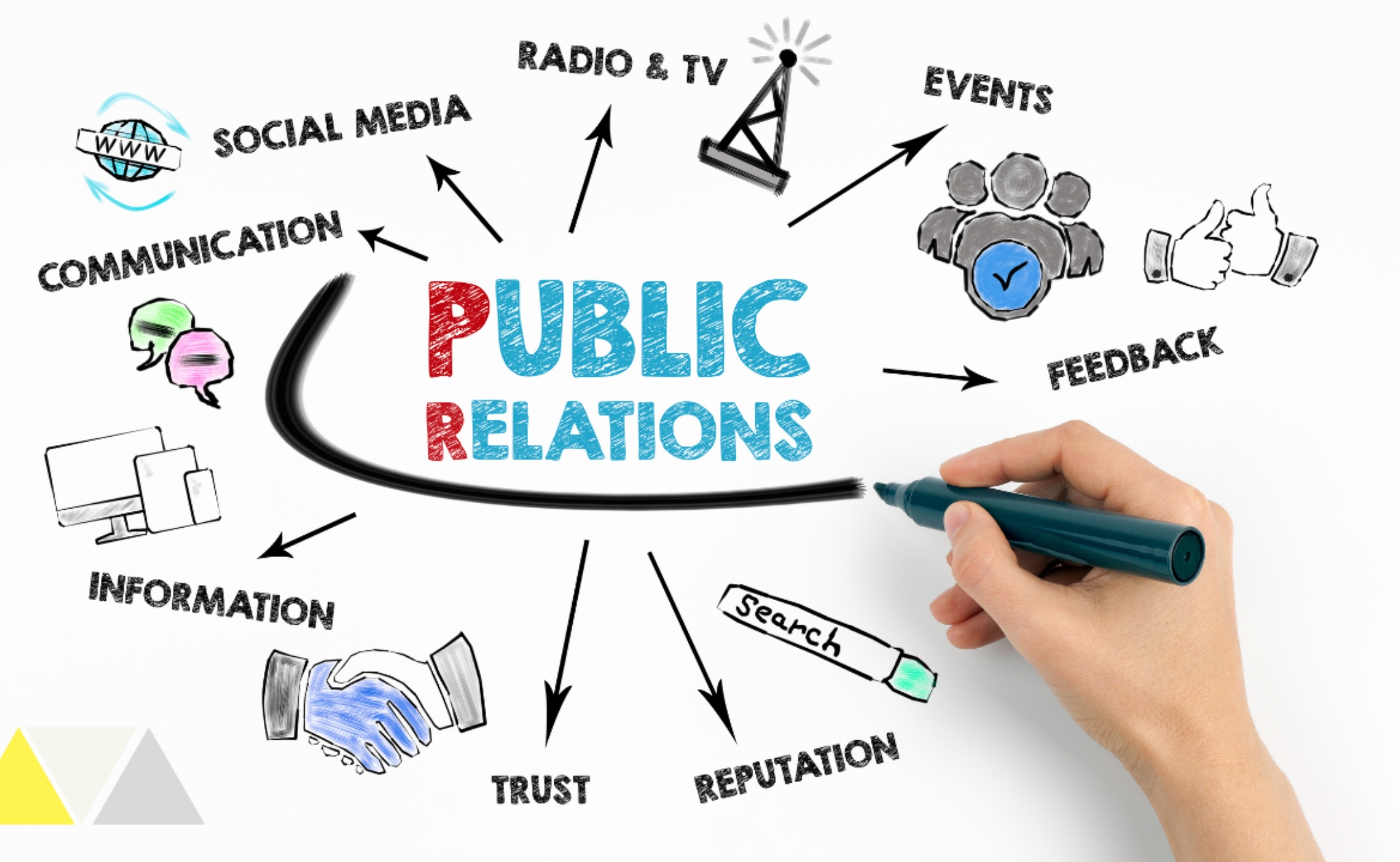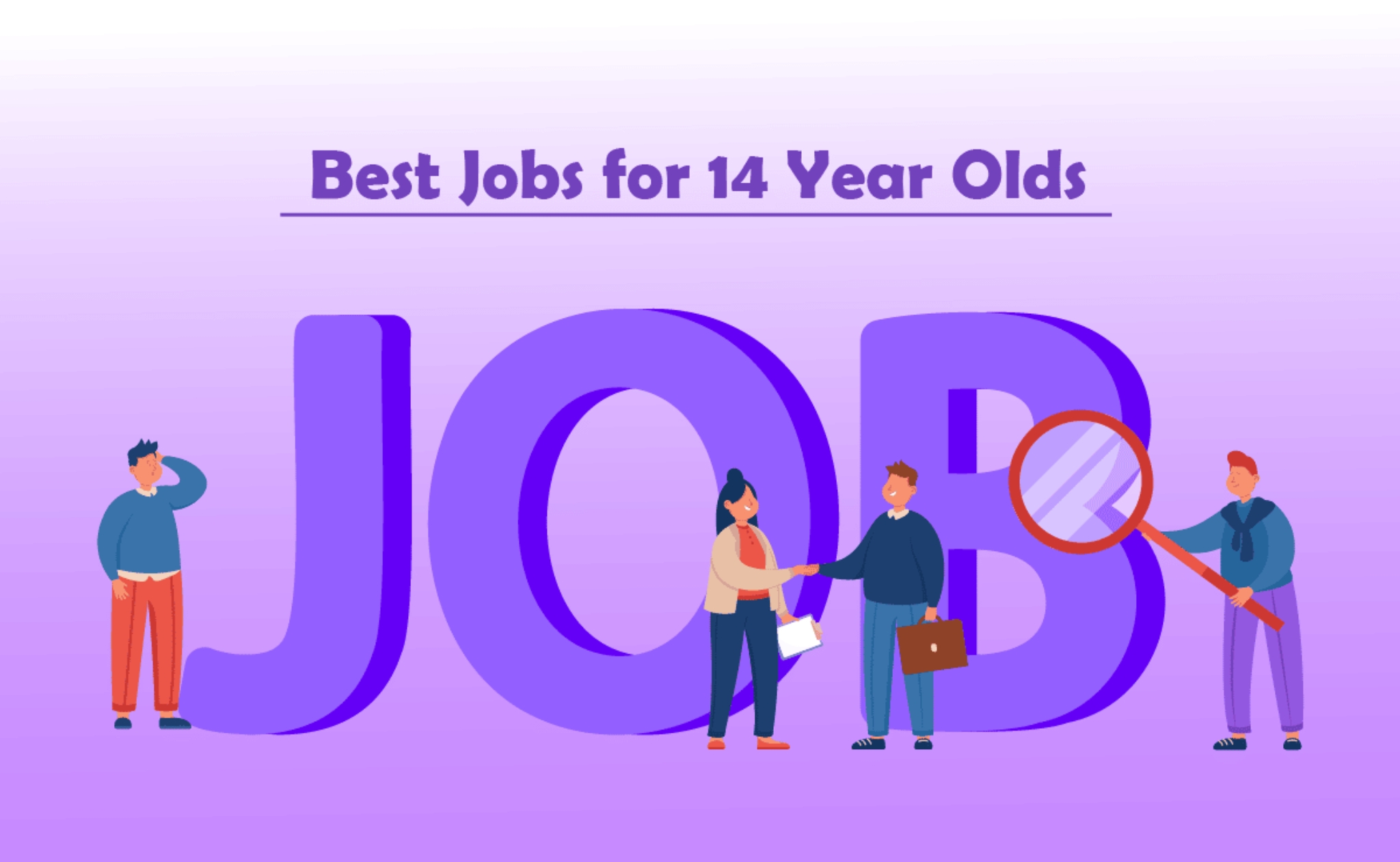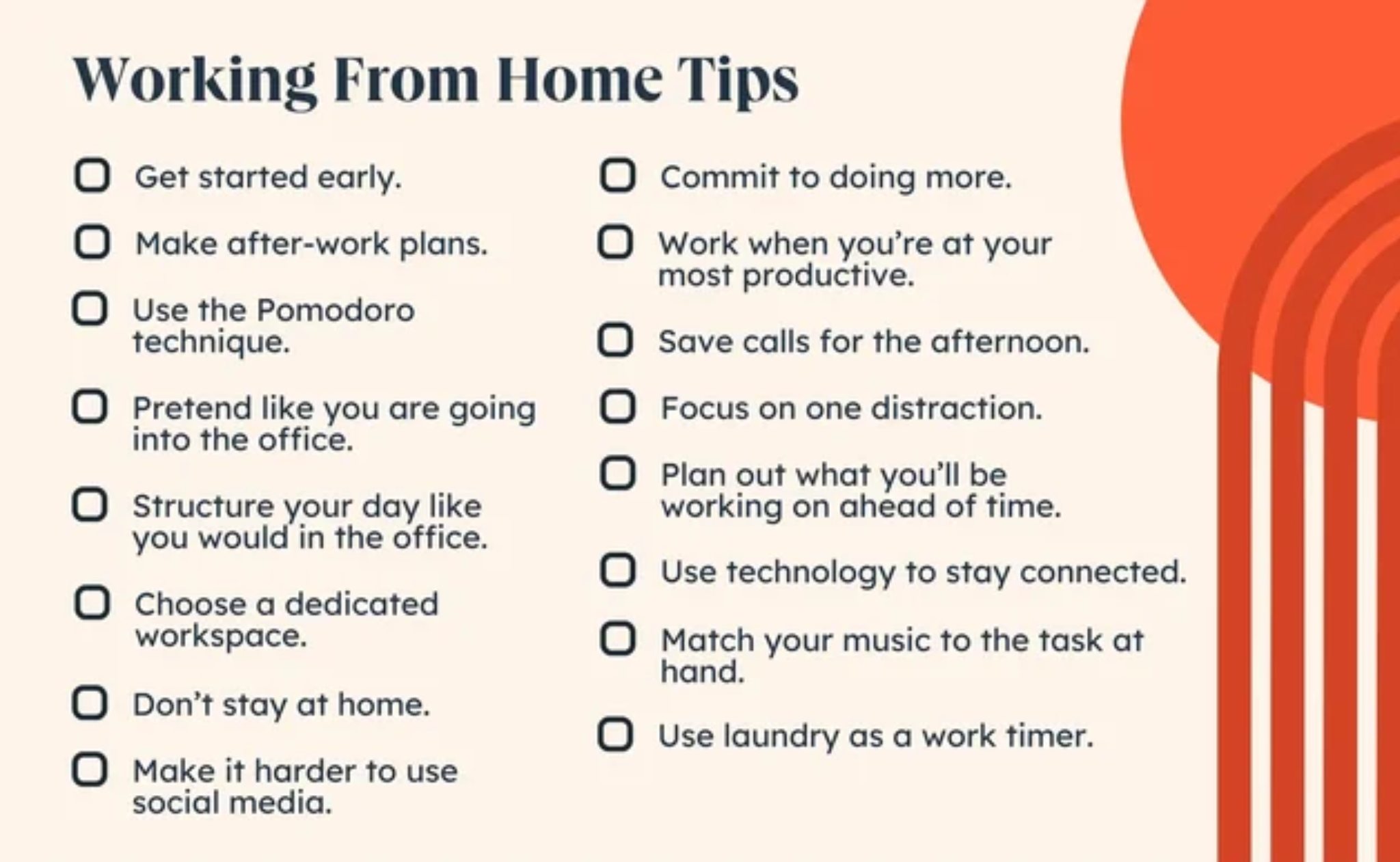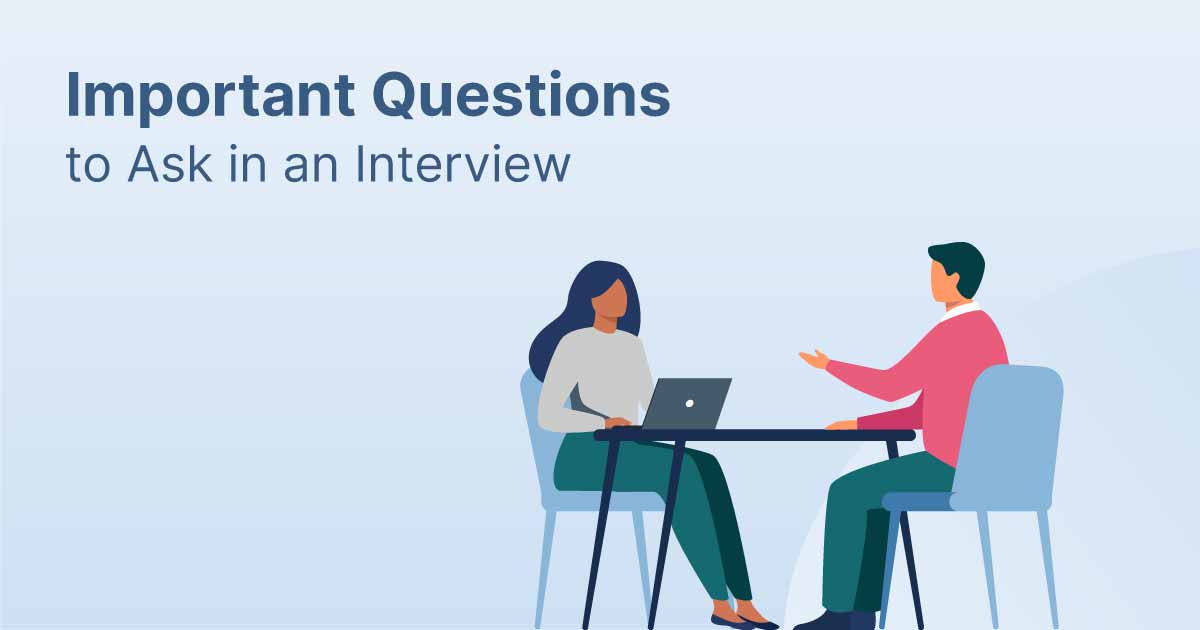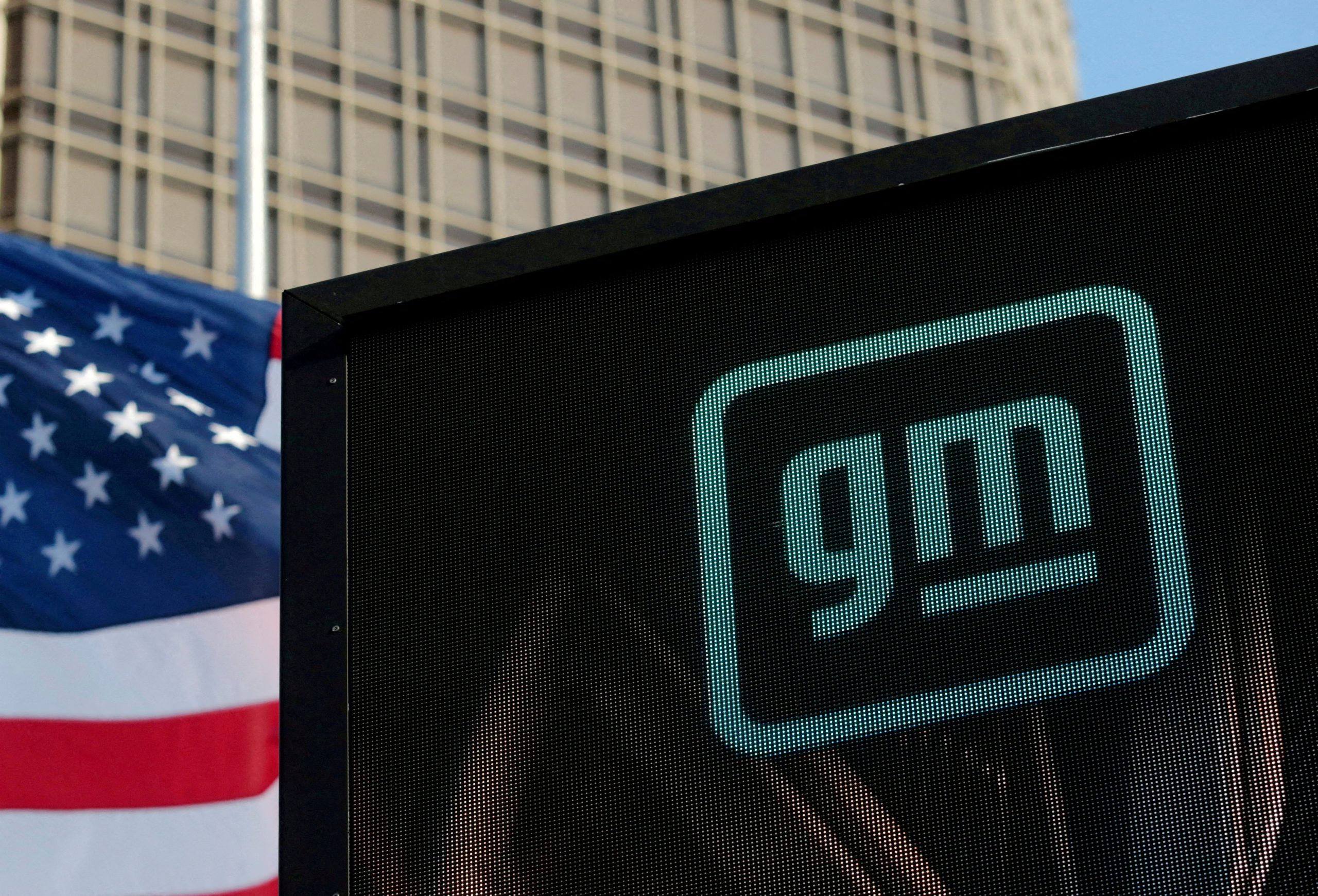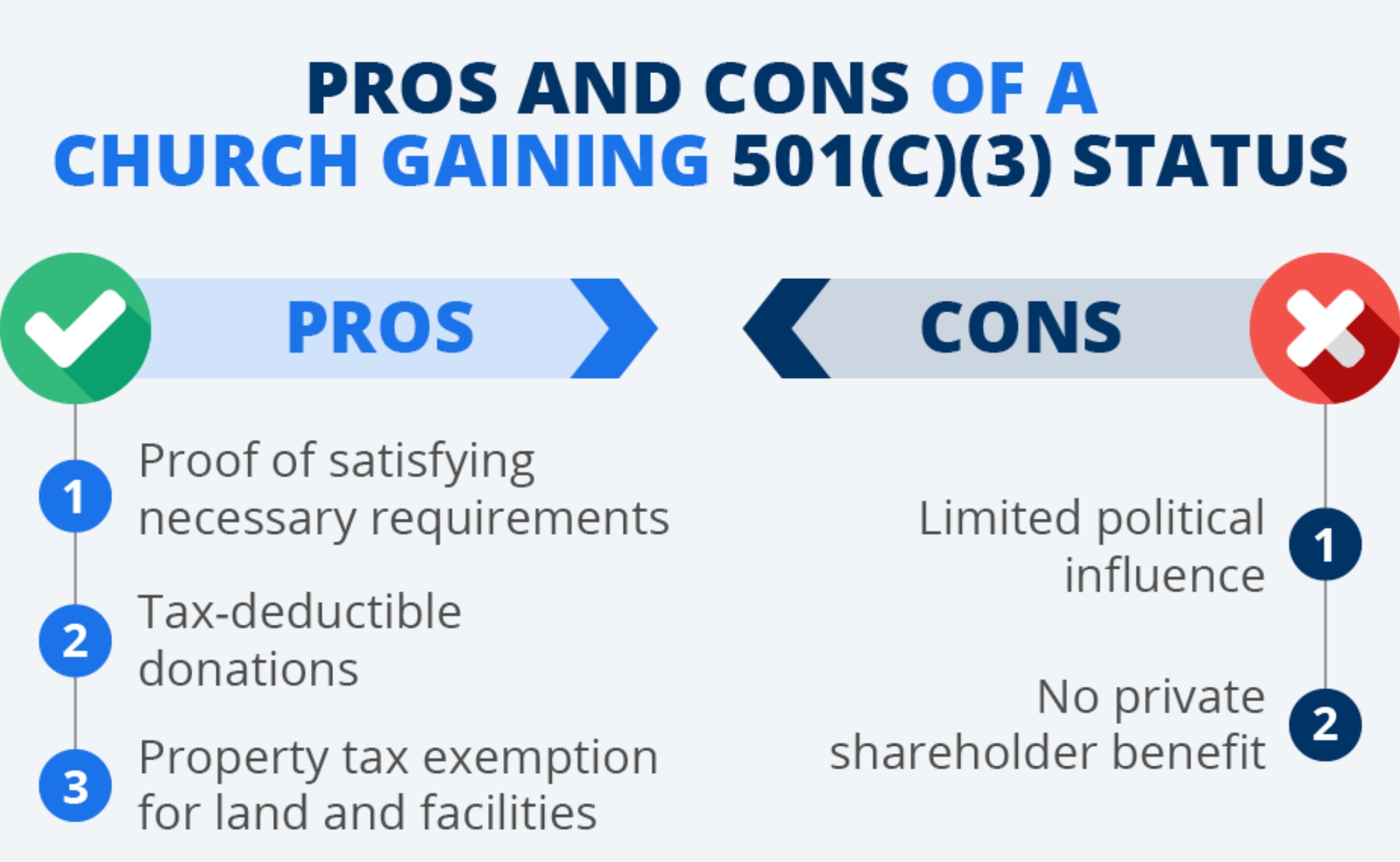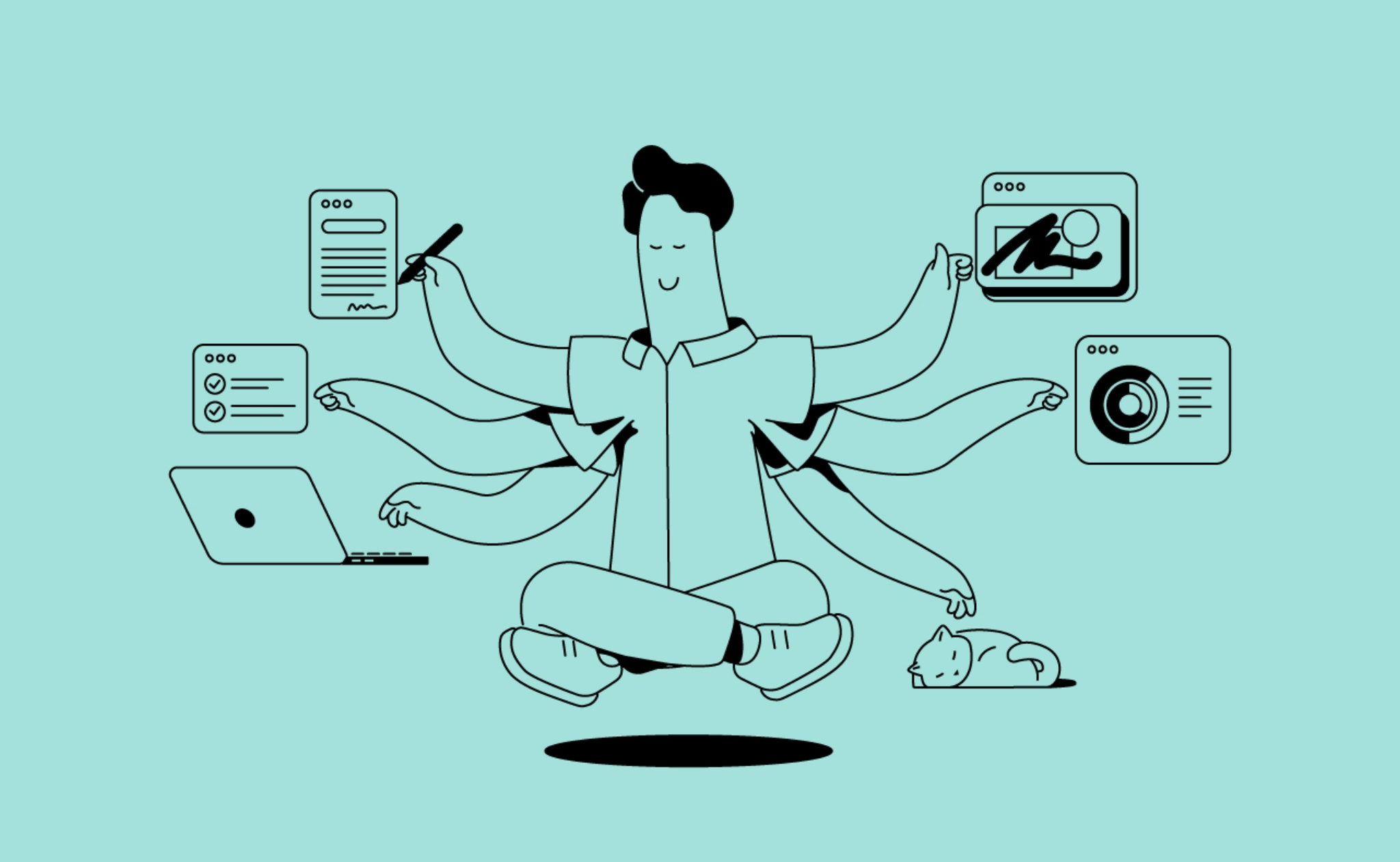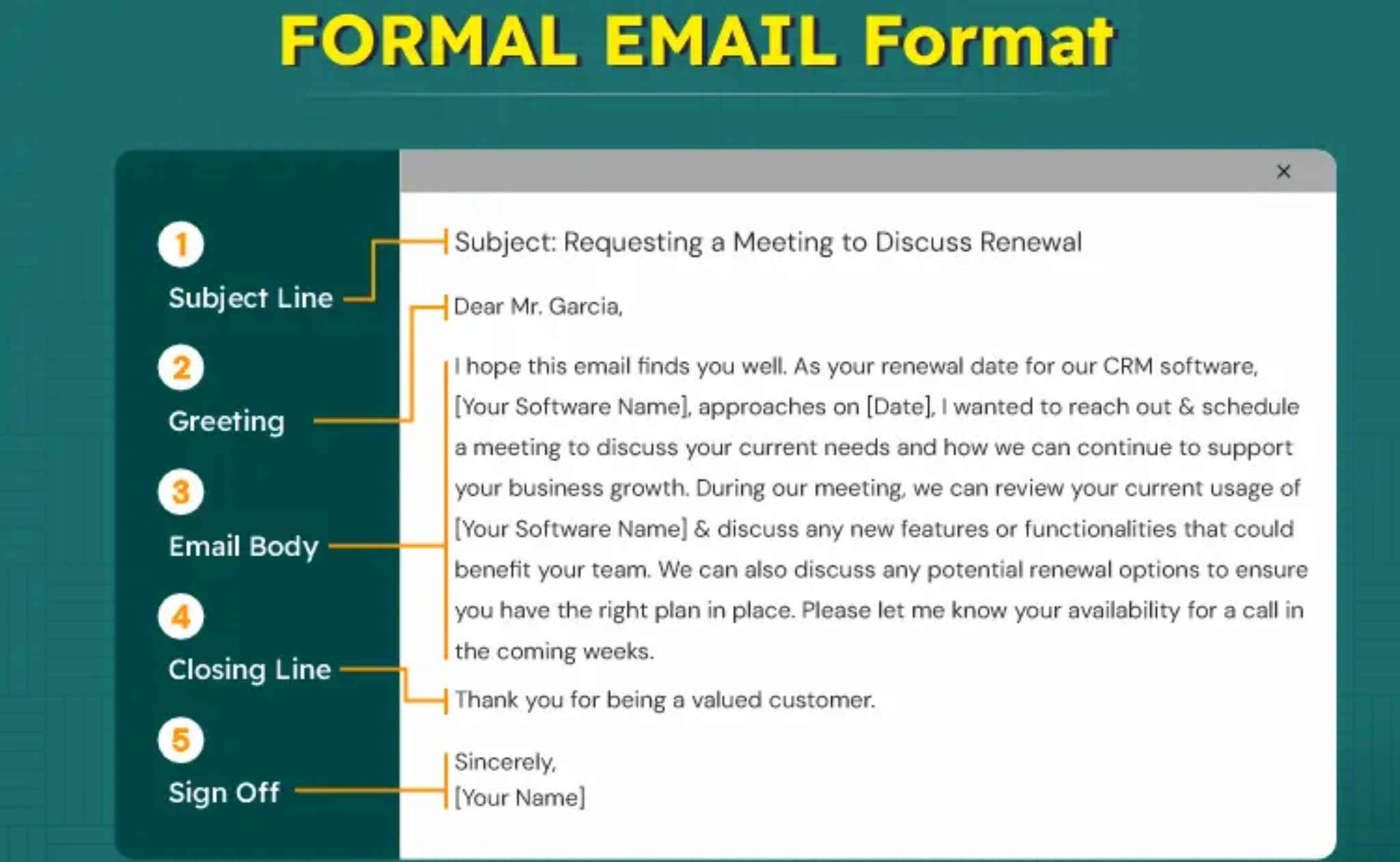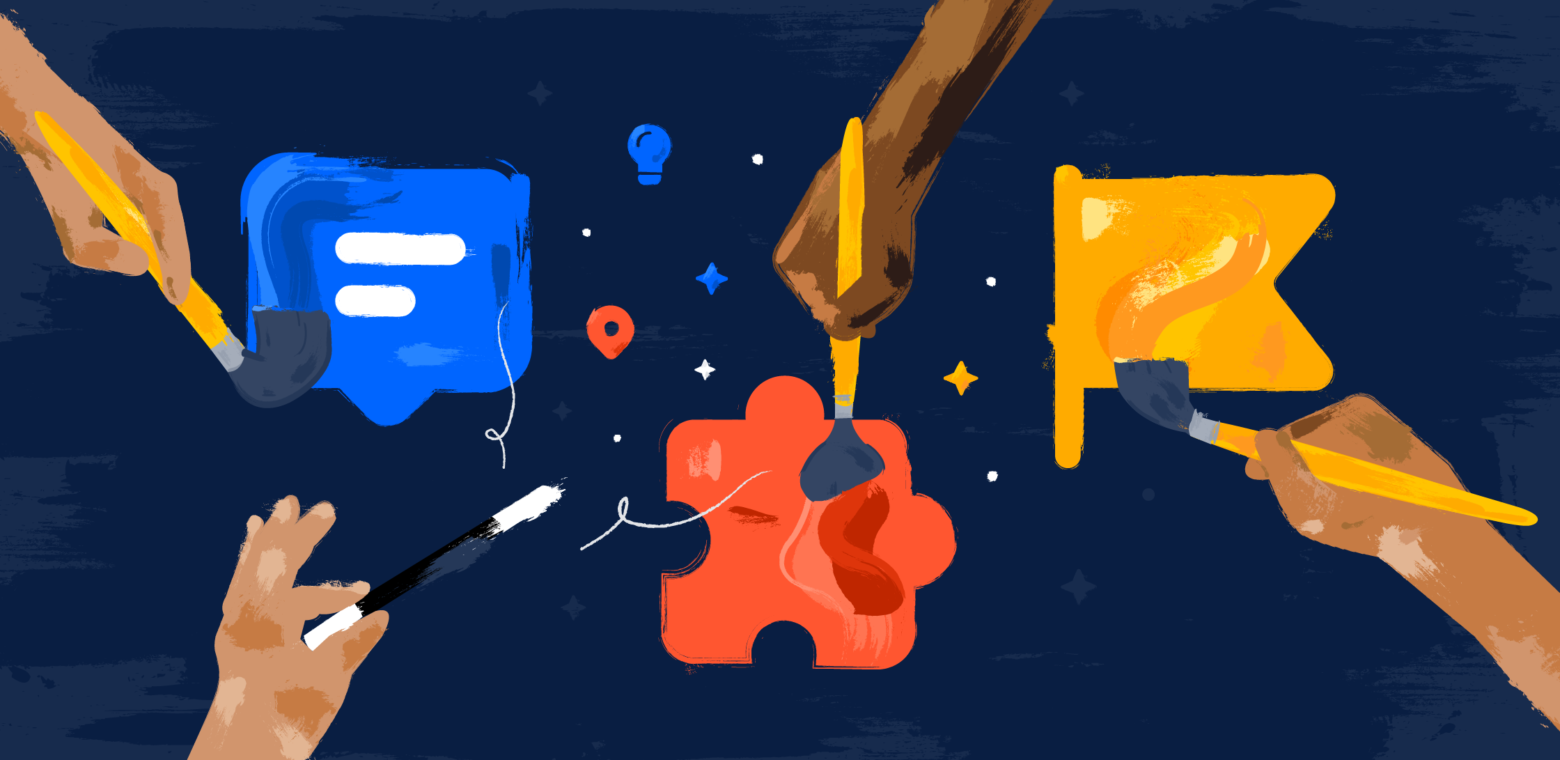Introduction
It’s fairly common to find yourself working alongside a friend at some point in your career. Maybe your friend even helped you get the job you have now.
But over time, you may also rise through the ranks and be promoted to the position of manager.
All of a sudden, you’ll be managing a friend at work, which can make for one very delicate situation.
Below, you’ll find our guide to the Dos and Do Nots of how to manage a friend at your place of work without losing your friend or your job in the process.
Contents [hide]
A Tricky Situation
Being asked to manage a friend at work is a bit like being asked to move in with a distant relative who you haven’t seen for years.
It’s a sticky situation, to say the least, with many different opportunities to cause conflict with your friend or with your boss.
On the one hand, you don’t want to show your friend any special treatment in the workplace, but on the other hand you still want to remain friends and not reach a point where you feel like you can’t even speak with other casually.
A simple mistake that may not seem like a big deal at first could quickly spiral out of control and lead to resentment and larger problems in the distant future.
You also don’t want to make the situation so awkward that your friend feels the need to look for another form of employment elsewhere.
So take a look and the guidelines listed here to get a better sense for how you should and should not conduct yourself in your new position.
Do Draw Boundaries

Soon after your promotion, you should try to have a blunt and honest conversation with your co-worker/friend about how this recent change will affect your relationship.
This type of conversation may seem intimidating at first, but talking through the situation will be much more helpful than seeing how long you can go without addressing it at all.
The best news of all is that a true friend will be very happy for you, and glad to see that you’ve succeeded in some small degree.
Make it clear upfront that you don’t want your friendship to change in any major degree. But you should also make it clear that you don’t plan on offering your friend special privileges simply because you were buddies before the promotion.
Do Stay Professional
Above all else, you’ll need to stay professional. Of course, conducting yourself in a professional manner is always important, regardless of your position within the company.
But as a manager, there will be even more attention focused on you to make sure that you’re setting a positive example for other company employees.
Try not to spend too much time in casual conversation with your friend at work following your promotion.
Talking to each other during lunch breaks or other breaks during the workday is fine, but any excessive personal conversations could give your other co-workers the idea that you’re favoring one person over the others.

Strike up friendly conversations with everyone in the office, making it clear that you enjoy spending time with employees.
Keep these conversations brief, and never pry into an employee’s personal life unless they’re completely comfortable talking about their family or their hobbies.
Do Pay Attention to Performance
One of the most important aspects of working as a manager, regardless of industry, is keeping tabs on the performance of company employees.
While each company has different tools that allow managers to access and analyze data pertaining to employee performance, the main lesson here is to stay vigilant.
And when it comes to monitoring the performance of an employee who is also a close friend, there may be moments when this feels uncomfortable.
Do your best to ignore your personal feelings temporarily so that you can maintain an objective viewpoint in the workplace, a viewpoint that allows you to treat your friend just like everyone else.
If you reach a point where your friend is slipping in their work performance, feel free to reach out to them outside of work and mention that their numbers have been falling recently.

This personal appeal could help them open up about anything that’s been bothering them lately.
It’s also important to make sure they’re not showing signs of working too much.
Do Not Let Yourself Be Taken Advantage Of
When an employee is also a friend, it can be easy to overlook certain maneuvers that may be an attempt to take advantage of you.
Certain people may use a personal friendship with an office manager to place themselves in a position of favor and decreased oversight.
As we mentioned earlier, such a situation will only lead to more complex problems down the road.
Instead, stay on your toes and watch out for any odd or aberrant behavior. This way, if you notice something that may be a sign that you could be taken advantage of in the near future, you can work to resolve it right away.
Do Not Give Any Special Attention
Once you’ve been promoted to the position of manager, you should do your best to avoid singling anyone out specifically as being better or worse than the rest of the staff.
Of course, it’s still ok to reward certain employees for work that goes above and beyond, within company guidelines, but you should avoid having a clear favorite.

This is especially true when it comes to interacting with your friend at work. You shouldn’t pull them aside or welcome them into your office for prolonged periods of time.
Treat everyone equally and you’ll be more likely to earn the respect of your peers.
Do Not Disconnect Outside of Work
Perhaps most important of all, don’t let your situation at work negatively affect your friendship. Make an effort to still spend plenty of time with your friend outside of work, where you can speak freely.
Make it clear to your friend that your promotion doesn’t mean you’re better than them or that you can no longer interact with each other the way you used to.








